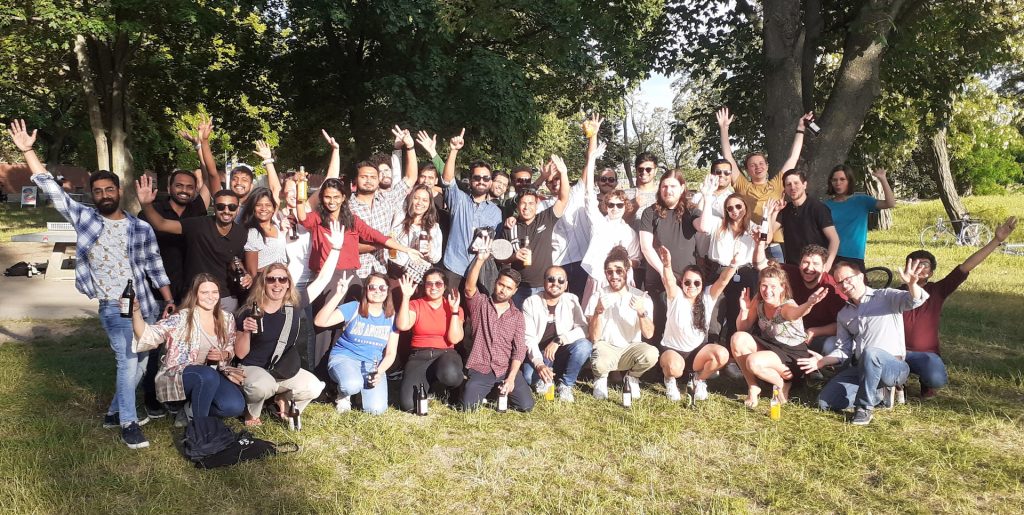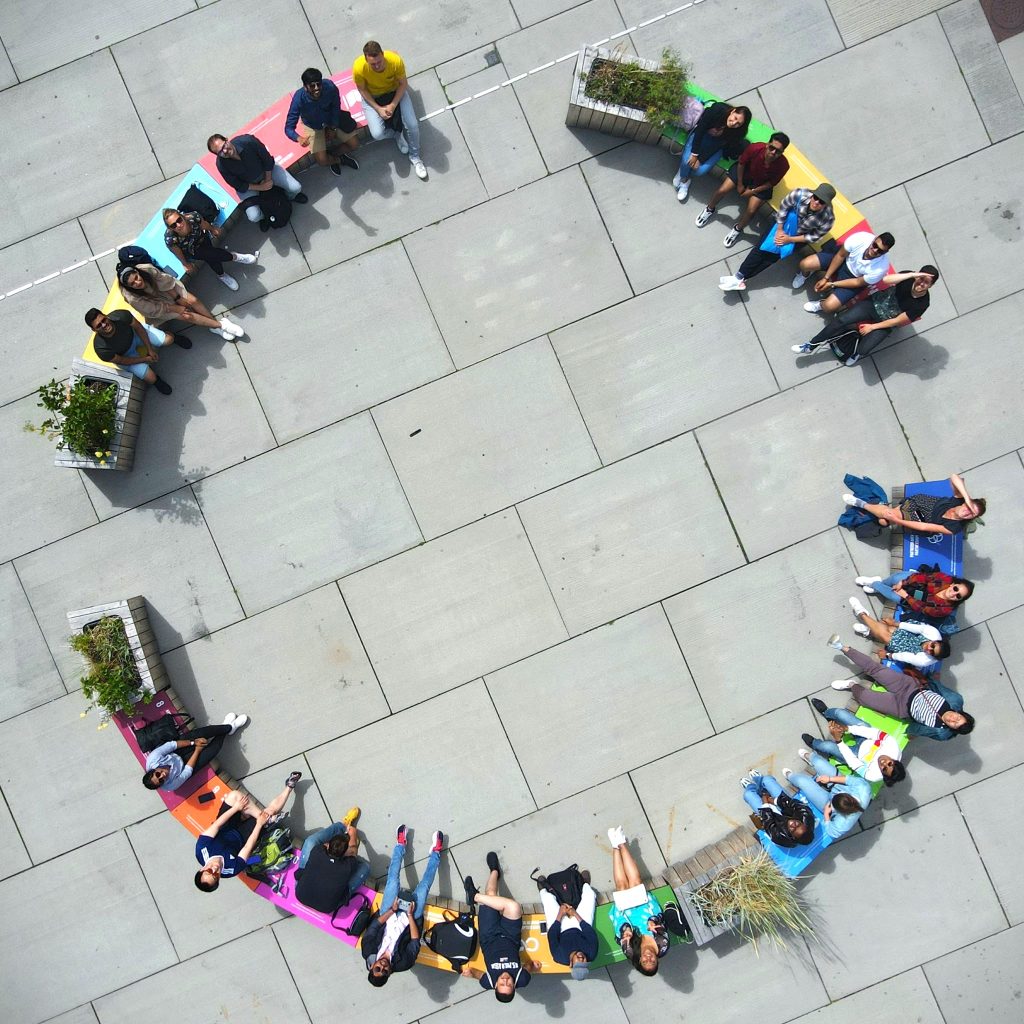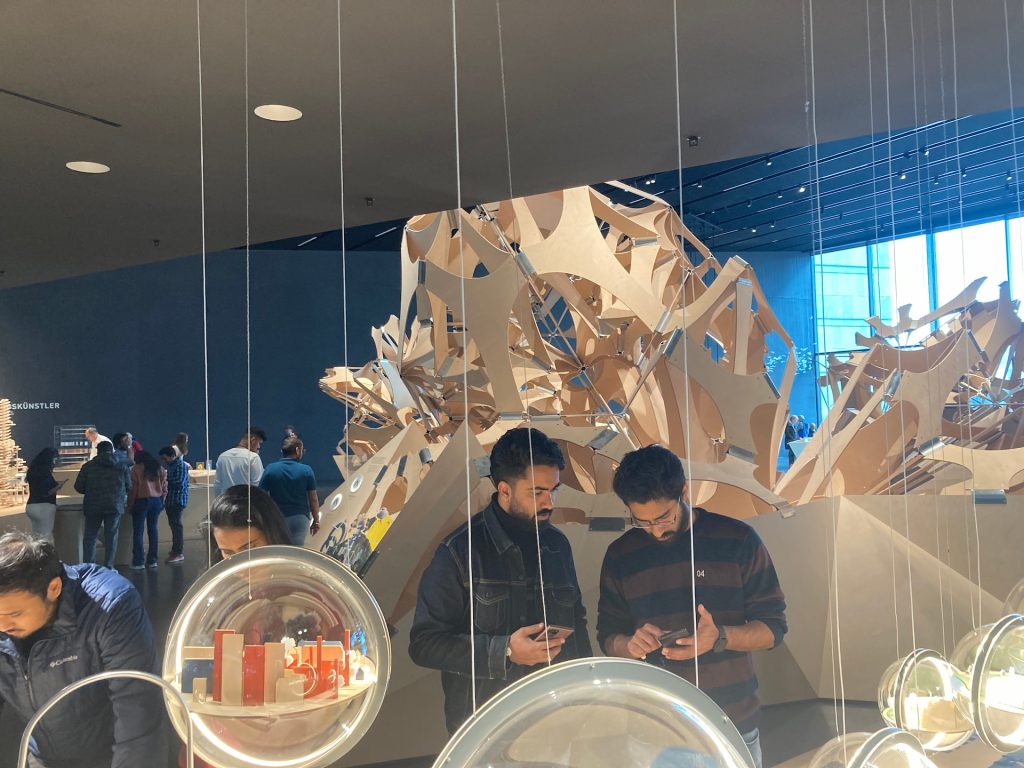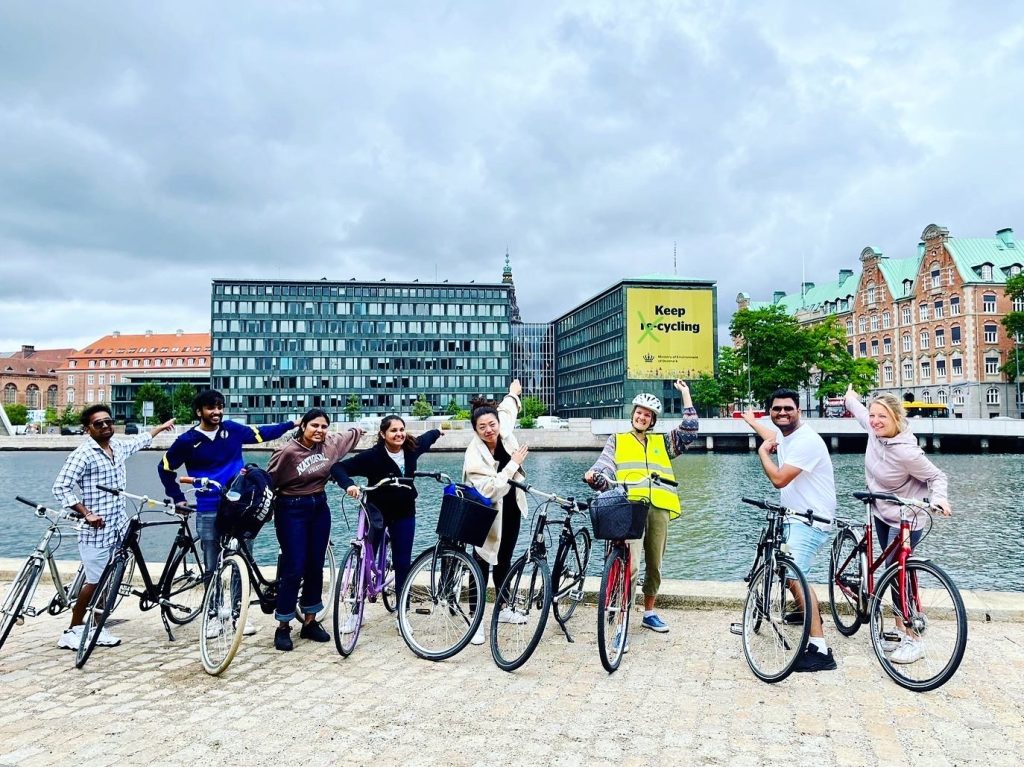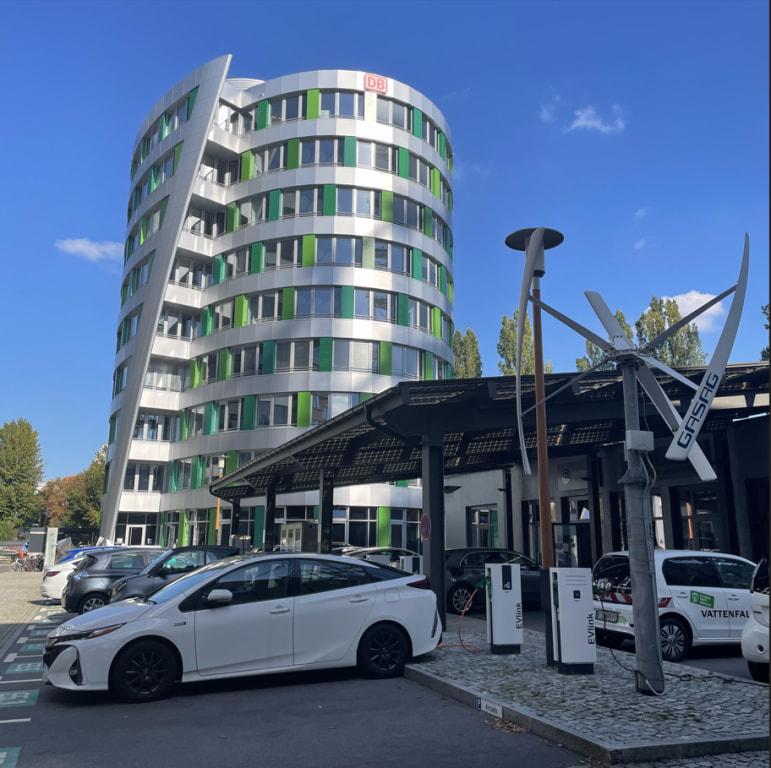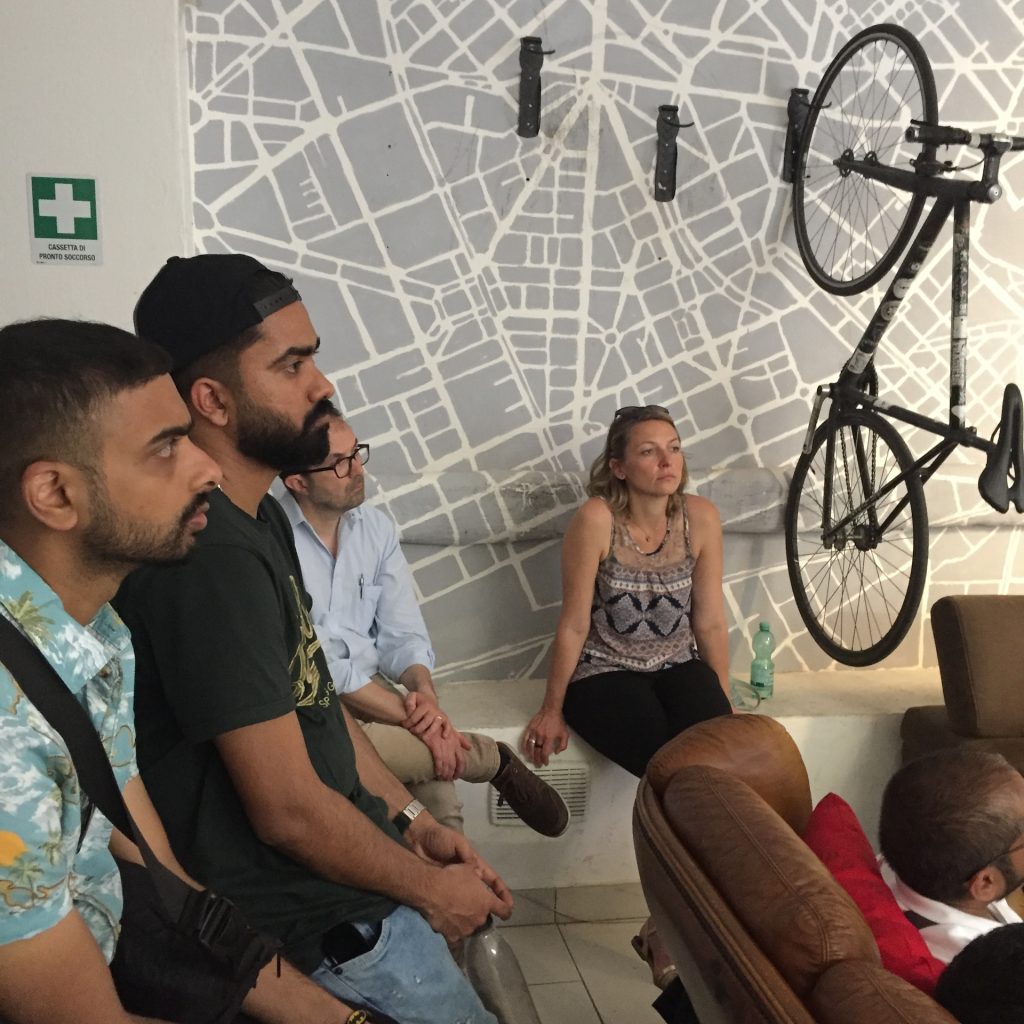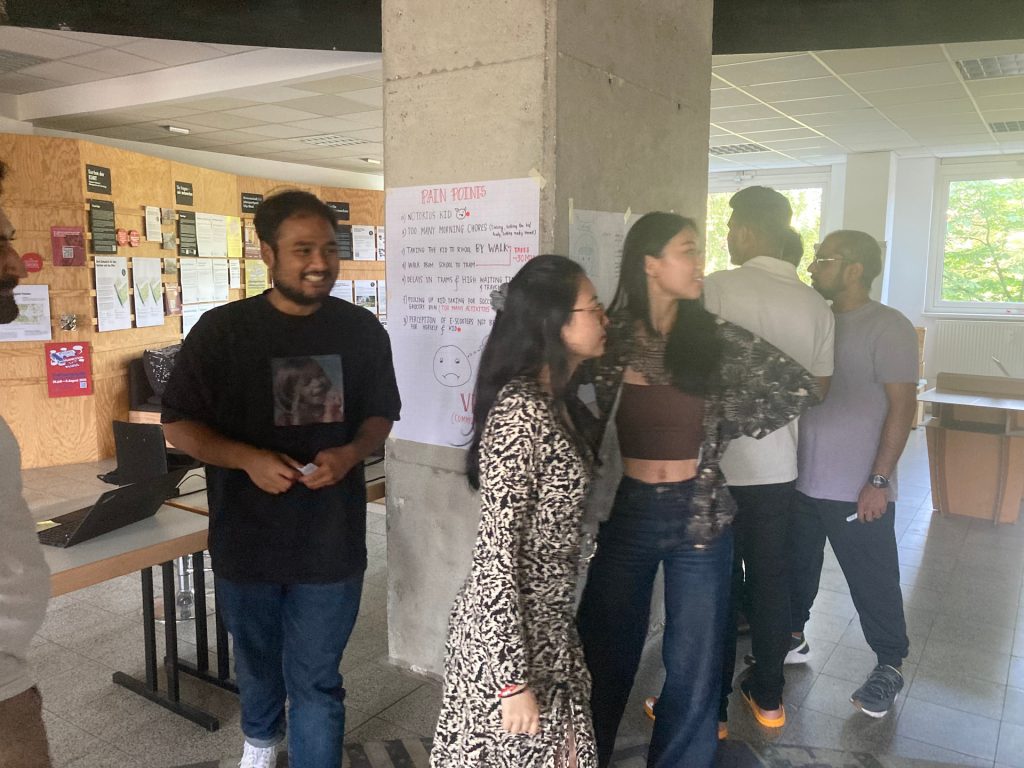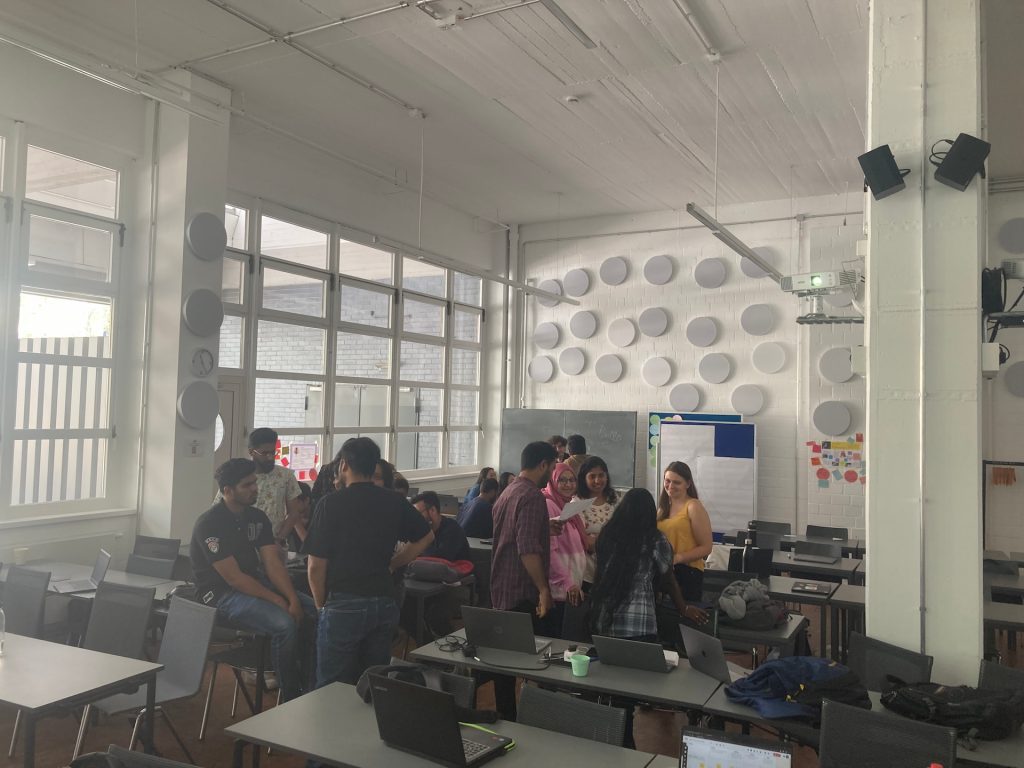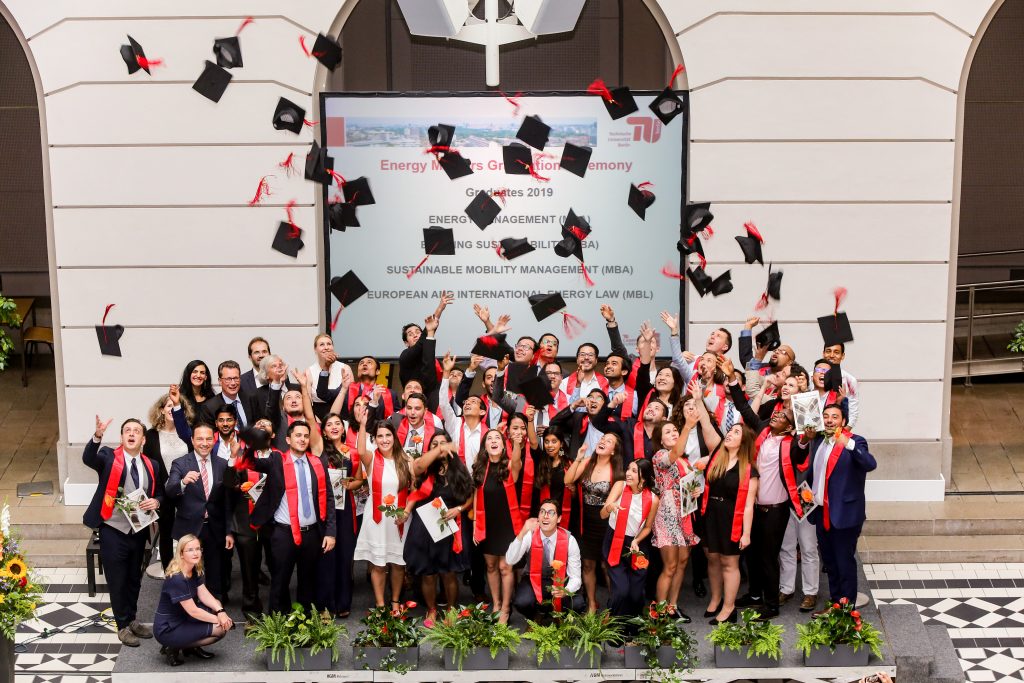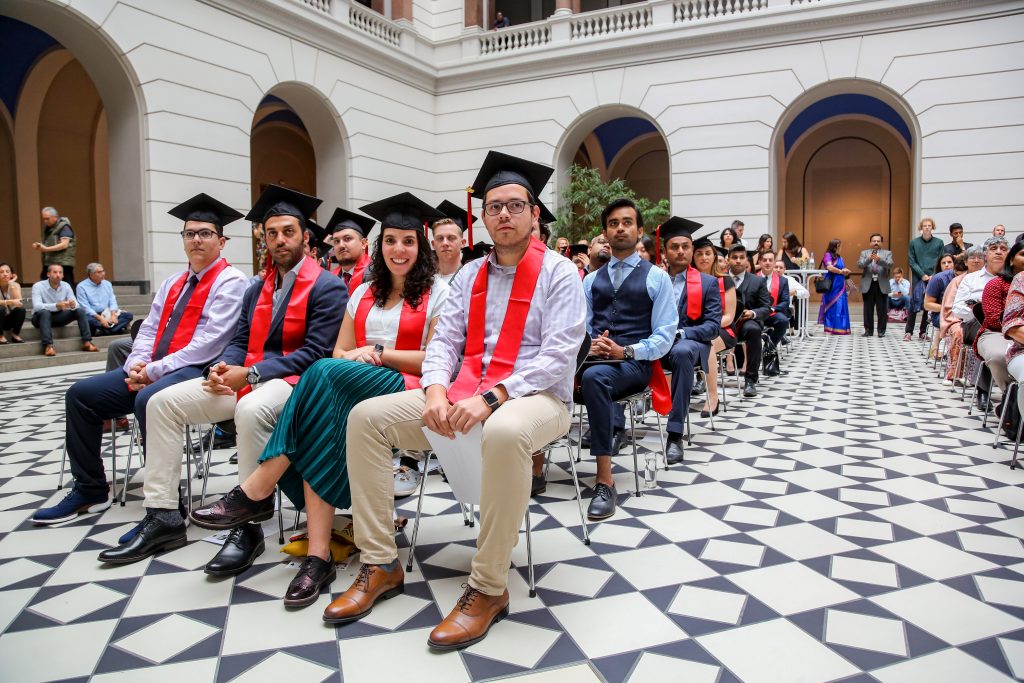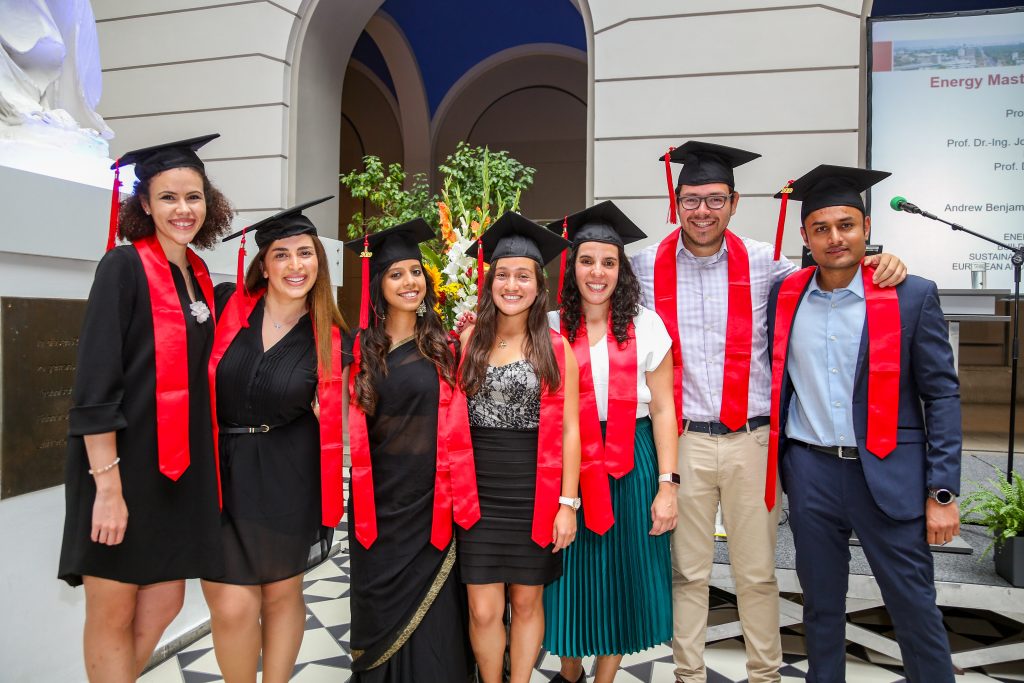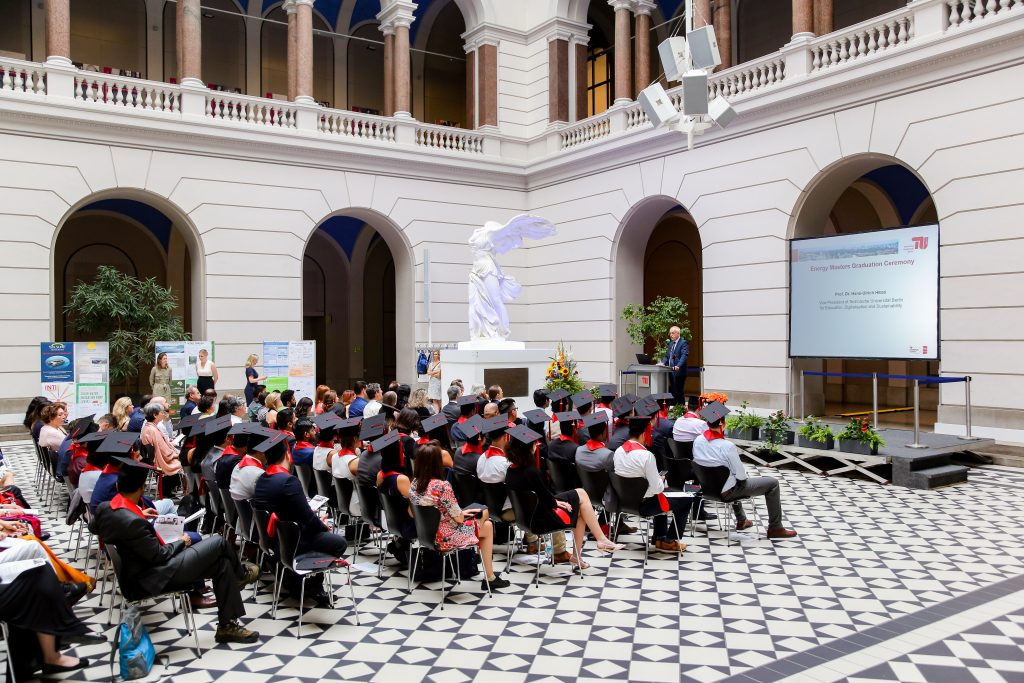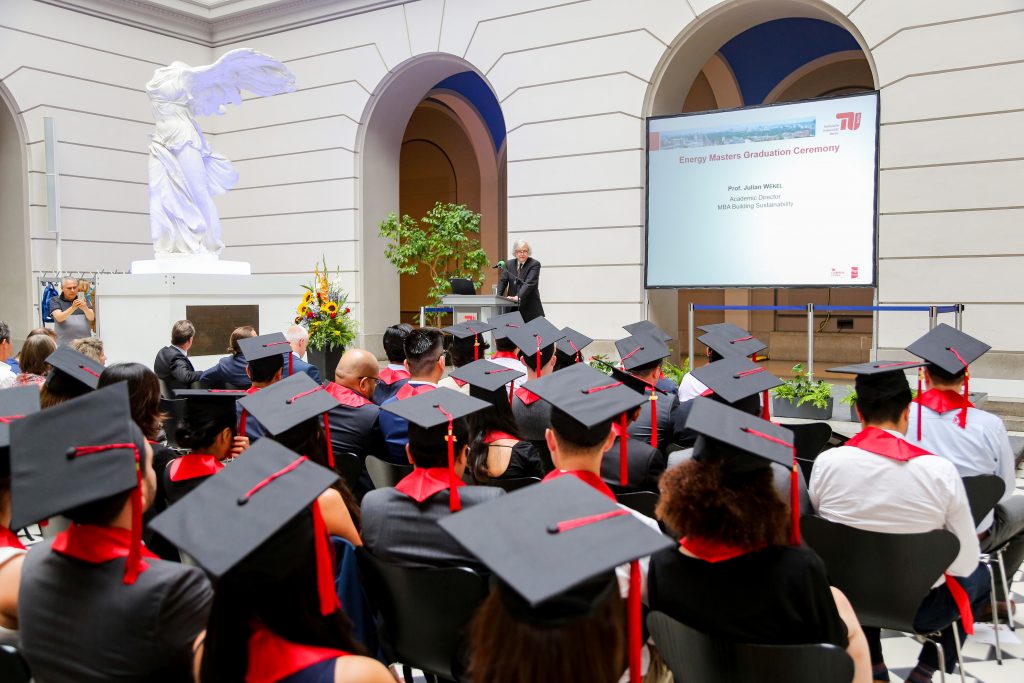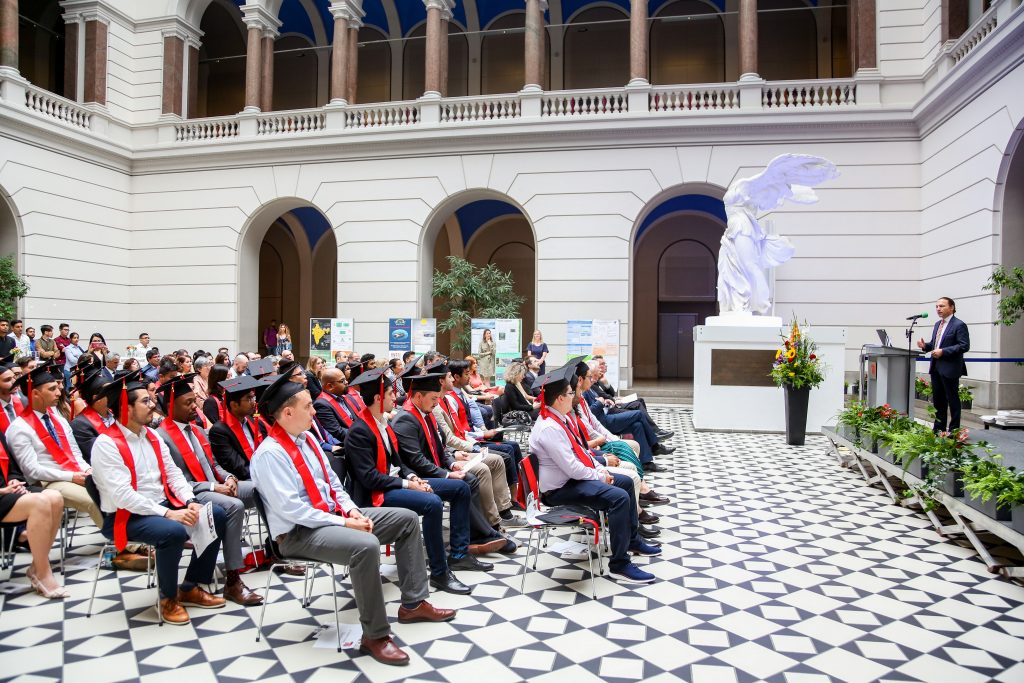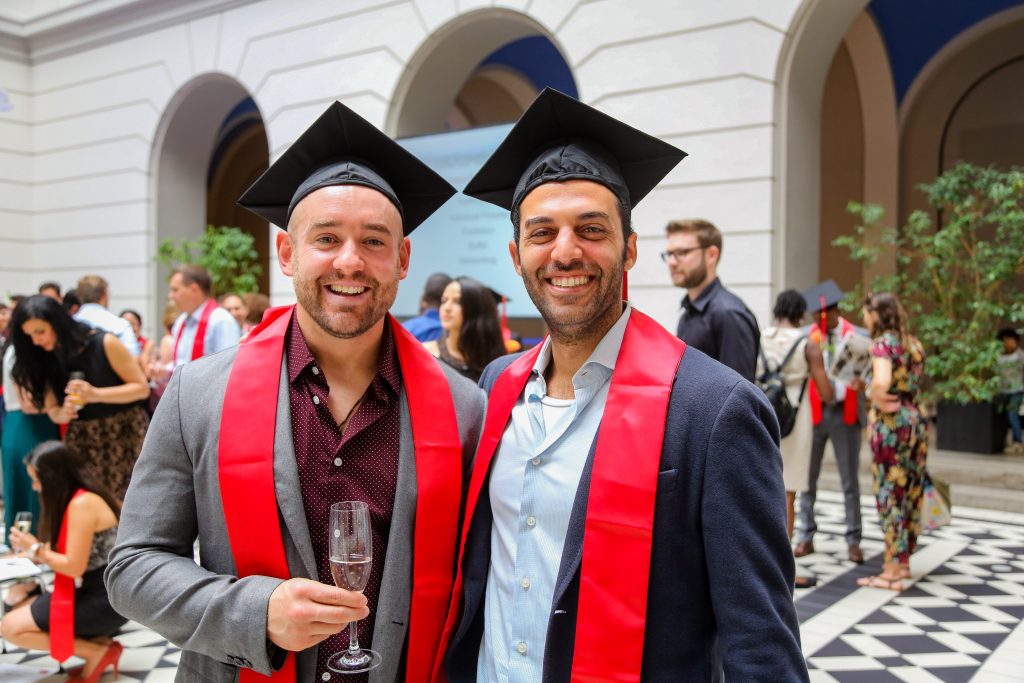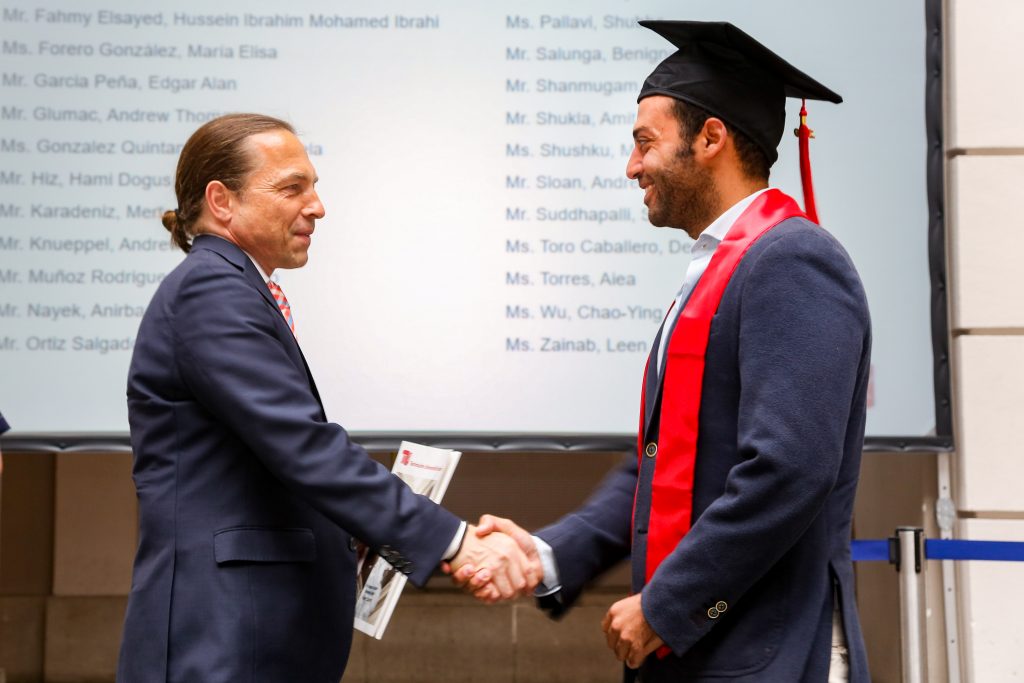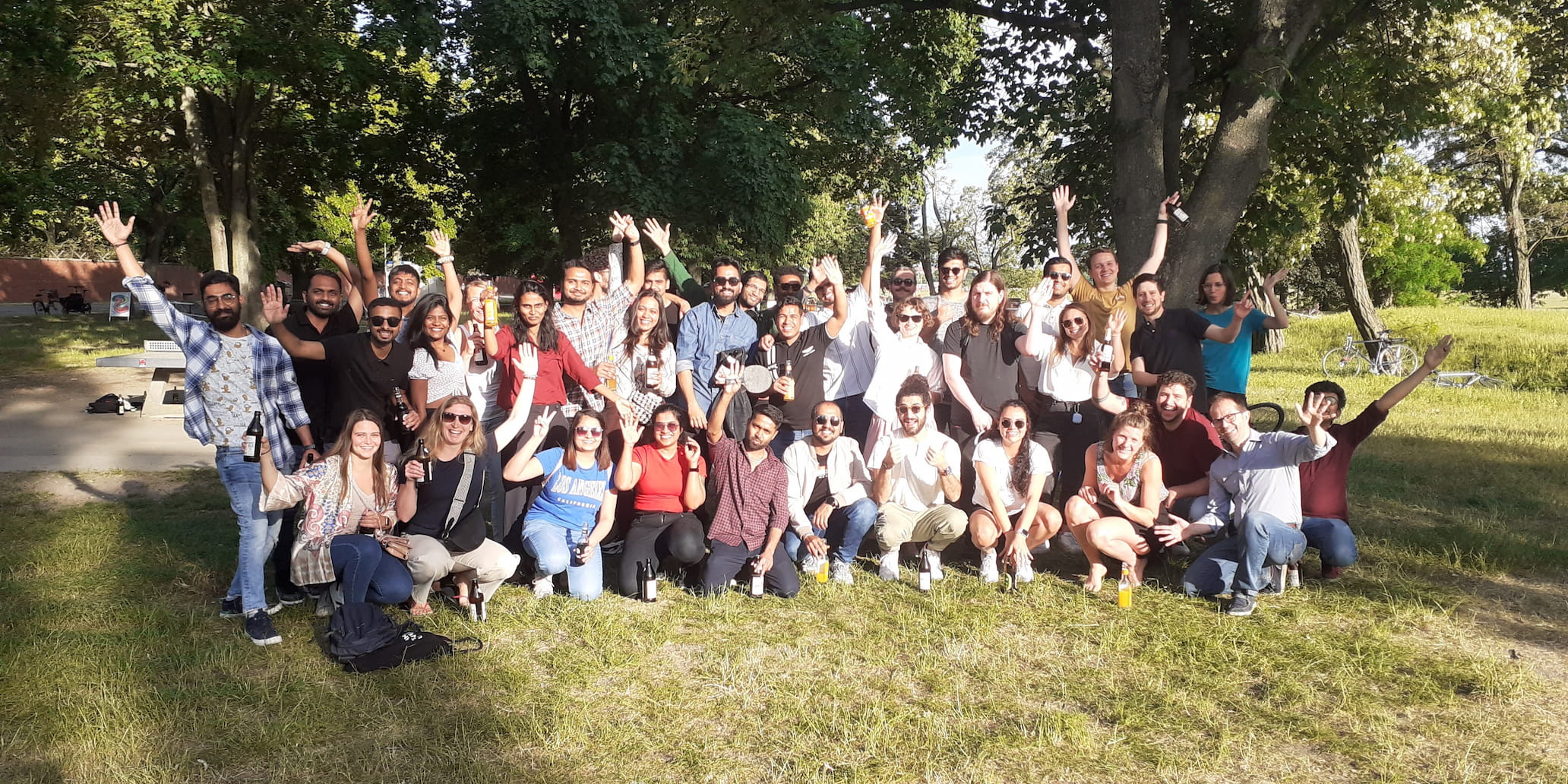
Student Guide
Syllabus 1. Semester_Winter_Term_23/24 (2023 Batch)
Syllabus 2. Semester_Summer_Term_23 (2022 Batch)
Syllabus 3. Semester_Winter_Term_23/24 (2022 Batch)
MBA Admission, Study and Examination Regulations, English Version (Not binding)
MBA Admission, Study and Examination Regulations (Binding version in German)
MBA Admission, Study and Examination Regulations (Binding version in German for Batches 2017 and 2018)
General Study and Examination Regulations of Technische Universität Berlin of 9 September 2020 (German Version)
General Study and Examination Regulations of Technische Universität Berlin of 9 September 2020 (English Translation)
Sustainable Mobility Management
is an MBA program that is perfect for transport engineers, transport and mobility experts, planners, architects, and sustainability project managers who want to gain in-depth, special knowledge in the field of sustainable mobility management.
Authorities, businesses and other agencies engaged in transport and mobility must rethink their current strategies. Each urban area faces its own specific set of challenges: congestion, emissions, safety, accessibility, and economic implications are only some factors that account for the mobility situation that inhabitants experience. This implies an increased need for broadly educated, skilled managers, capable to frame those issues with social shifts, new technologies, and innovative business models.
TU Berlin’s MBA program in “Sustainable Mobility Management” closes the educational gap in this field and prepares students for leadership positions by training people who can deliver cutting-edge and sustainable mobility solutions. The MBA program is intended for an international and diverse audience: Learning and studying in small groups of up to 30 students means excellent and tailored learning conditions.
We are looking forward to receiving your application!
Program Content
The growing environmental impact of transport systems, as well as their energy voracity, require new approaches and new concepts. This MBA offers an integrative design across disciplines, addressing a range of different perspectives. The theory and practice-driven approach give students both a conceptual understanding and the skills needed to tackle practical problems, covering the needs of strategy development, analysis, and implementation, complex decision making and project management.
Graduates will be able to plan and manage complex projects in the transport and mobility fields. The program provides the knowledge and skills for assessing projects from social, sustainability and economic perspectives and for creatively, in teams or independently, finding solutions that consider the varying stakeholders’ interests. Graduates will either be able to enter the labor market (private and public sector) or continue with postgraduate studies.
Students who are the future mobility experts learn in close cooperation with leading enterprises and institutions located on the EUREF-Campus to become acquainted also with practical projects in the field of energy, infrastructure, and mobility.
Paid internships during the MBA course, both with big companies and start-ups, are encouraged and possible. This is also thanks to the lesson calendar, which allows time for this extra activity.
Contacts with major firms and with the Berlin start-up scene are already successfully developed.
Curriculum
The MBA program is taught over a period of three semesters. The first two semesters include lectures, tutorials, seminars, and excursions. The program will be completed in the third semester by writing a master thesis.
The first semester is dedicated to the fundamentals of mobility and sustainability, considering these issues from different perspectives such as economic factors, social and managerial elements, and naturally including technological drivers.
In the second semester, trends and the future of transport, as well as the transition toward sustainable mobility, will be the main focuses, which encompass also the issue of governance and management of complex structures. A lecture series will provide world-based case studies.
The third semester is mainly devoted to specialization and Master Thesis.
Elective courses for specialization are offered.
Program structure
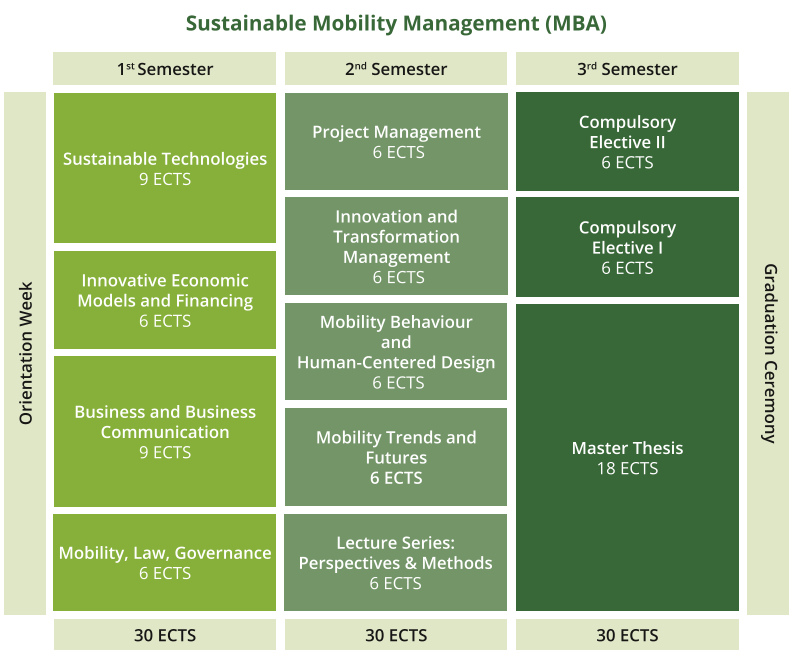
Module Description
M01 Sustainable Technologies (9 ECTS)
This module explains the basic principles of sustainability and highlights the effects of climate change. It not only deals with different energy sources, but also presents various technologies that are essential for a sustainable transformation. Students gain insights into the fundamentals of technical systems and their social, economic and ecological effects. They are enabled to critically question technologies and propose optimization options.
M02 Innovative Economic Models and Financing (6 ECTS)
This module is an introduction to economics and the circular economy. Taking into account social responsibility and sustainable development, it teaches the most important fundamentals of innovative economic models for the upcoming modules, builds on the latest findings and critically reflects on economic models. Students also learn about various financial instruments and financing structures for sustainable mobility projects Students are taught how to incorporate ethical considerations into financial decisions.
M03 Business and Business Communication (9 ECTS)
This module gives inputs on (innovative) business in Sustainable Mobility, building on the latest findings and provides a critically reflective business thinking. Students are able to define the basic principles of business, apply problem-solving skills in case studies involving various fields of knowledge and propose optimisation approaches for the transport sector. The module provides students also with the knowledge, skills and strategies required to communicate effectively in a team and with different stakeholders in a business environment. These objectives include developing effective communication skills, stakeholder analysis and communication, cross-cultural communication competence, ethical and responsible communication practices and leadership communication skills.
M04 Mobility, Law, Governance (6 ECTS)
This module provides an introduction to mobility on the one hand and an overview of law and governance on the other. It covers key definitions, indicators, and topics related to mobility, highlighting their complex interrelationships. The module also examines the legal foundations and framework at international, European, and national levels, including political instruments for sustainable mobility. Students will learn to analyze complex cases, summarize legal issues, and understand governance structures. By the end, students will be equipped to evaluate legal issues and grasp the complexity of the legal framework in transportation.
M05 Project Management (6 ECTS)
This module provides students with essential knowledge, skills, and tools for effective project management and financial resource optimization. Students will learn key methodologies for planning, executing, and closing projects, alongside foundational financial accounting principles related to project management. They will develop the ability to manage budgets, allocate resources, and track financial performance, ensuring projects are completed on time and within budget. By the end of this module, students will be prepared to lead and manage projects effectively, optimizing both human and financial resources to achieve organizational goals.
M06 Innovation and Transformation Management (6 ECTS)
In this module, students will identify and analyze innovative and disruptive technologies, social innovations, and current challenges. They will develop strategies for innovation, including product, process, and business model innovations, using methods like Lean Startup and Design Thinking. The course covers creating effective change strategies, managing technological shifts, and evaluating political, legal, and market frameworks. Students will explore change communication, fostering an innovation culture, and leadership in organizations. By the end of the module, students will be adept at understanding, analyzing, and evaluating organizational change processes and innovation strategies.
M07 Mobility Behaviour and Human-Centered Design (6 ECTS)
In this module, students will acquire methods to understand and identify the needs and perspectives of users, applying these insights to the design of innovative mobility solutions. The curriculum covers the study of mobility behavior, including factors that influence changes in how people move and the concept of technological acceptance. Students will also engage with key theories that explain and predict mobility behavior changes. To put theory into practice, students will work on a case study where they will apply their knowledge to develop user-centered mobility solutions, gaining hands-on experience in designing strategies that align with real-world user needs and behaviors.
M08 Lectures Series: Perspectives & Methods (6 ECTS)
The main objective of this module is to offer current perspectives in the discourse on sustainable mobility and the transformation of the mobility sector by engaging both practitioners and researchers in the field. It covers diverse viewpoints on sustainable mobility while also addressing critical questions about the most effective research and analysis methods to be employed in driving and studying this transformation.
M09 Mobility Trends and Futures (6 ECTS)
After taking this module, students will:-understand mobility trends in order to be able to address the complexity of the open and network-based transport systems of the future -be able to evaluate social and technological transformation and change-have a firm grounding in the development of forecasts-be able to use this knowledge to construct scenarios and plan long-term developments in mobility transformation.
Compulsory Electives (12 ECTS)
Two of the following modules must be selected:
-
- Entrepreneurship in Sustainable Mobility (6 ECTS):
This module explores entrepreneurship in sustainable mobility, focusing on its role in driving innovation and tackling environmental challenges in transport. Students will learn to identify market opportunities, understand market dynamics, consumer preferences, and regulatory factors, and evaluate business models in the sustainable mobility sector. Additionally, students will be encouraged to develop essential entrepreneurial skills and mindsets necessary for success in this rapidly evolving field. - Freight Transport and Logistics (6 ECTS):
This module equips students with the knowledge, skills, and strategies to optimize the movement of goods and commodities, focusing on minimizing environmental impact and improving economic efficiency. Students will tackle the complex challenges of the freight transportation industry, including sustainability, efficiency, and resilience, and will learn to drive positive change through the adoption of sustainable logistics practices and innovative solutions. - Urban and Transport Planning: Concepts and Experiences (6 ECTS):
Students will get acquainted with transport and urban planning: they will develop knowledge of smart city concepts, theories and criticism. Case studies introduce mobility challenges in emerging countries and students will learn how to develop suitable and effective instruments to address these.
- Entrepreneurship in Sustainable Mobility (6 ECTS):
The students can also choose as elective the elective modules offered by the MBA Energy Management and MBA Building Sustainability.
M10 Master thesis (18 ECTS)
Professors and Lecturers
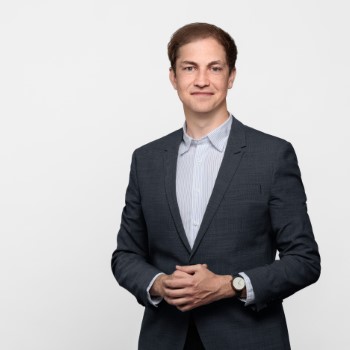
Z-Punkt

Universita´ Bocconi
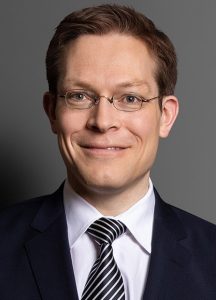
Two Birds
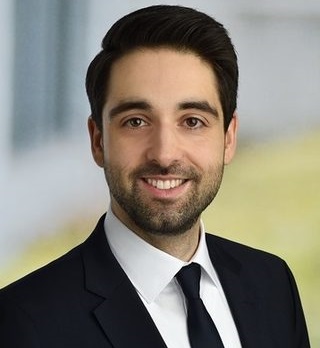
Braunschweig-City
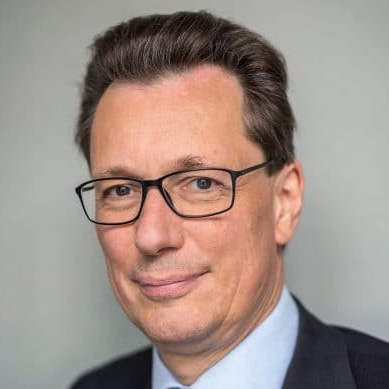
Technische Universitaet Berlin
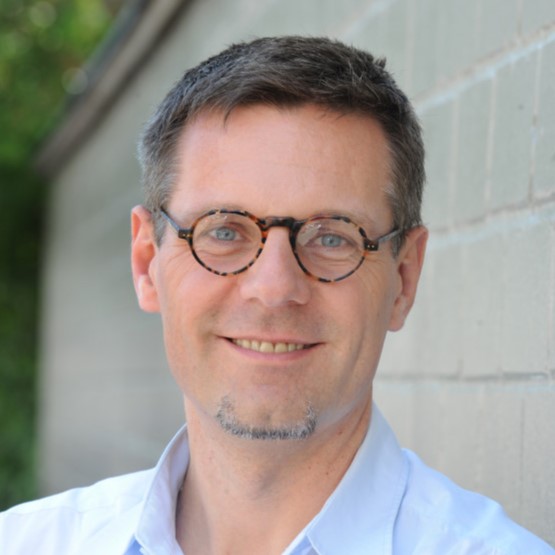
Technical University of Berlin
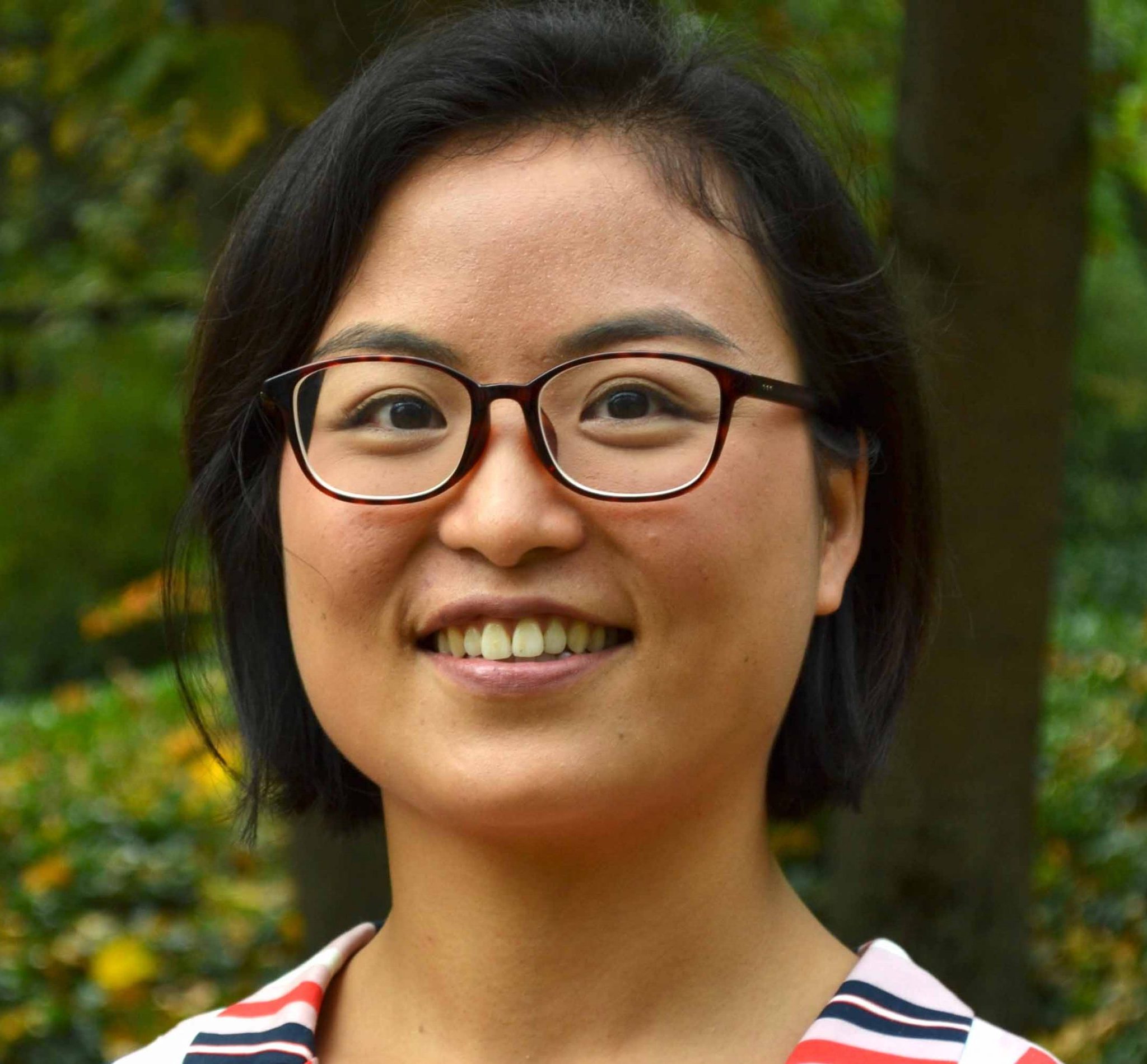
Technical University of Berlin
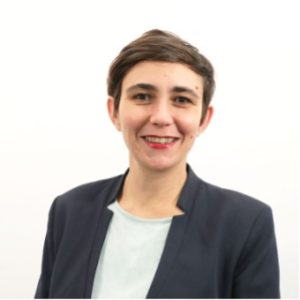
IKEM
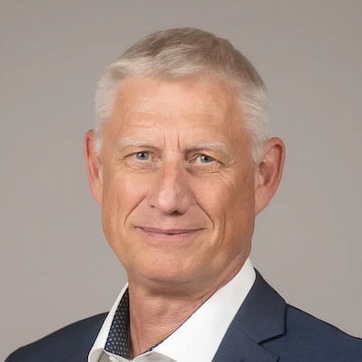
Technical University of Berlin
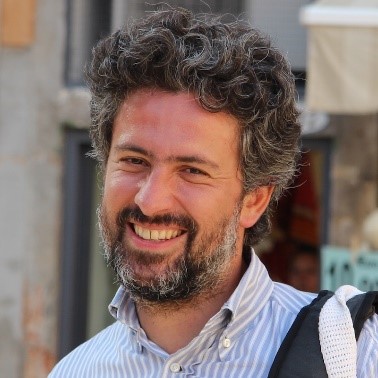
Bocconi University (Italy)
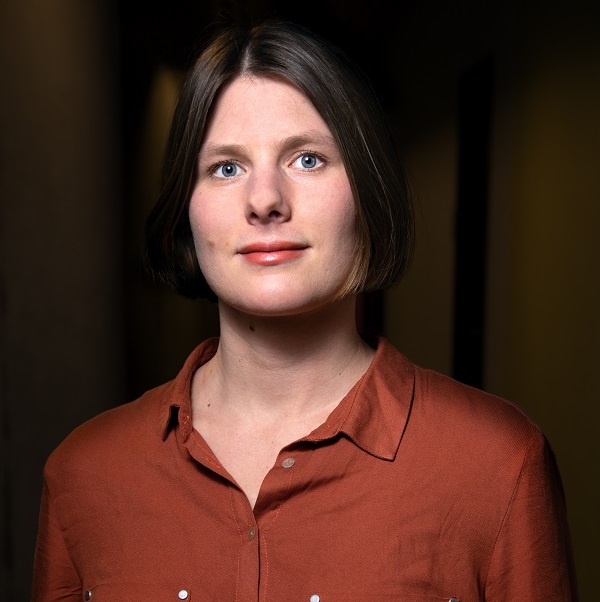
Technical University of Berlin
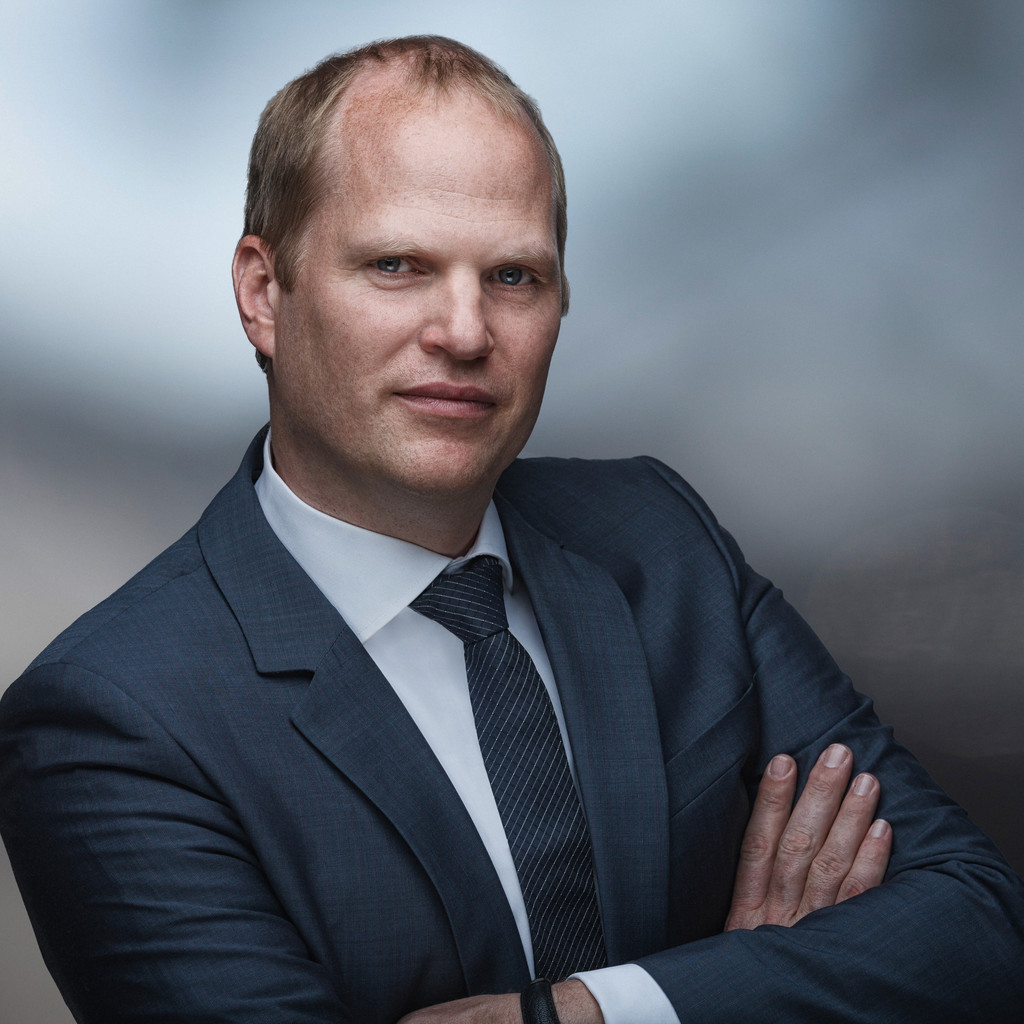
Independent Consultant

H2Mobility

Technical University of Berlin
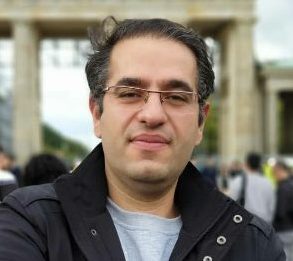
Technical University of Berlin
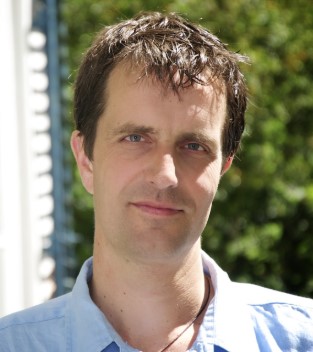
Institute for Futures Studies & Tech. Assessment(IZT)
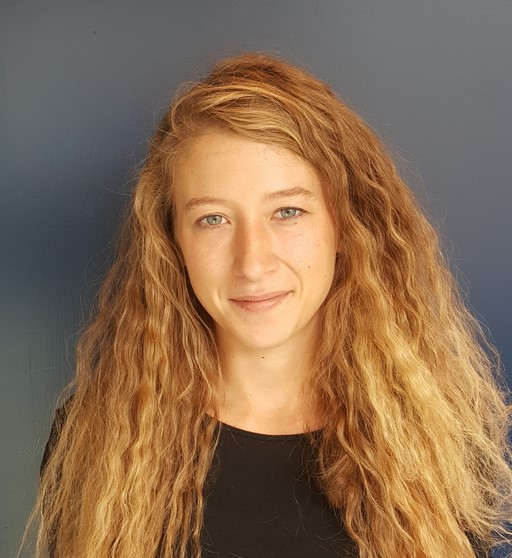
Technical University of Berlin

Cosmic-Gold
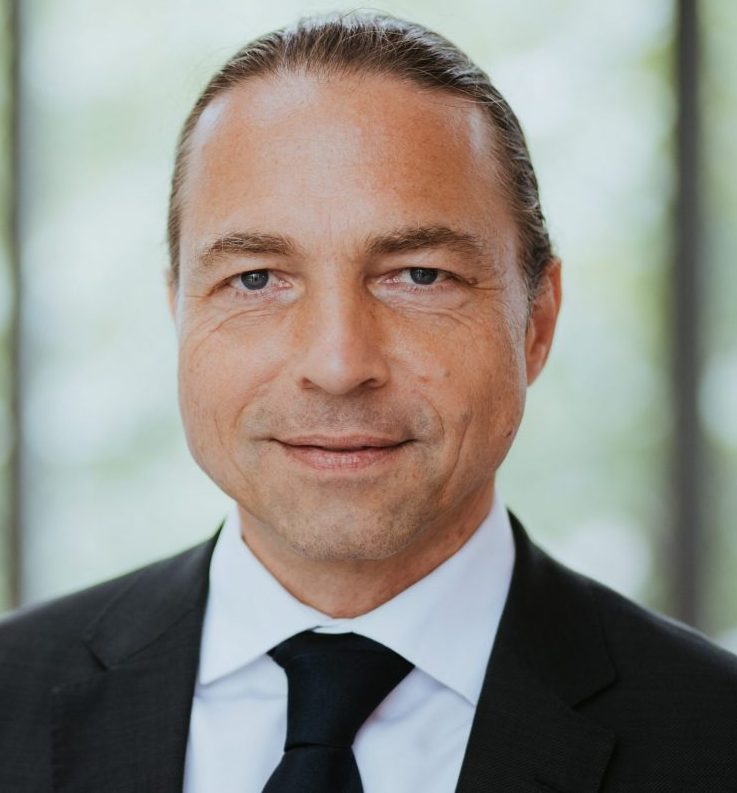
Technische Universität Berlin
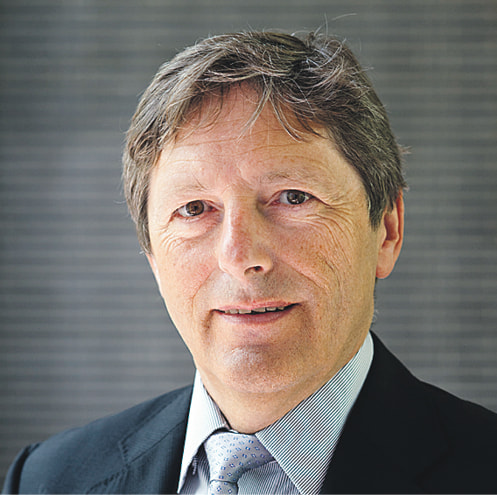
Technische Universität Berlin
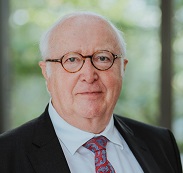
Free University Berlin
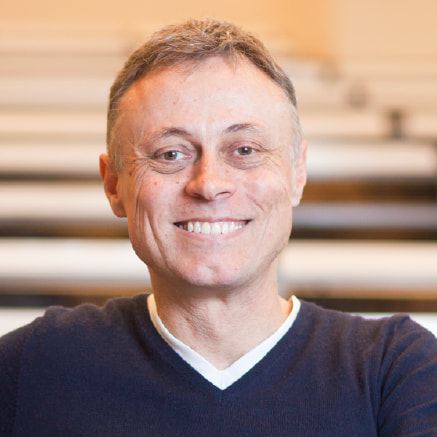
Technische Universität Berlin
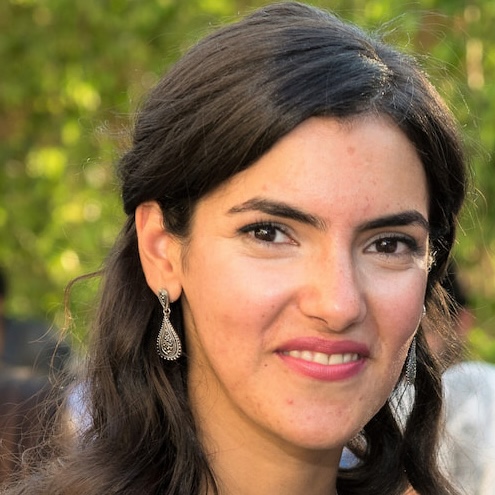
Technische Universität Berlin
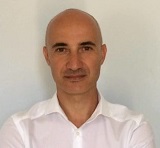
Transporti e Territorio

Technische Universität Berlin
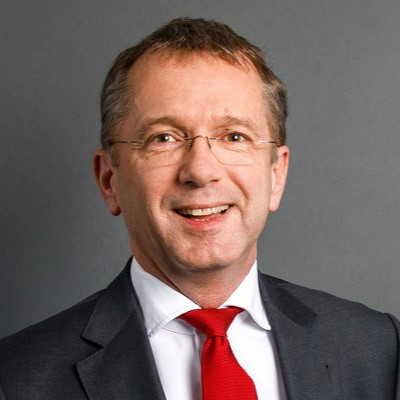
Lecturer, Sustainable Mobility Management MBA
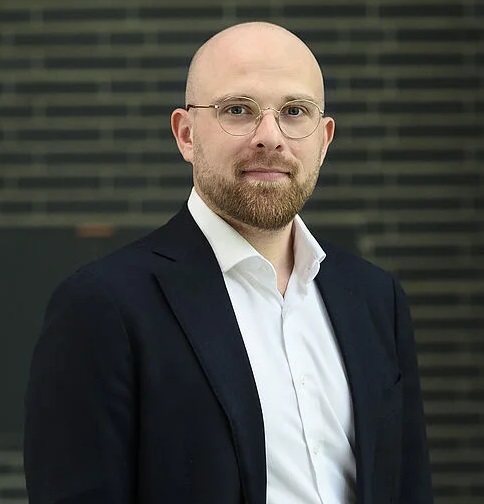
Technical University of Berlin
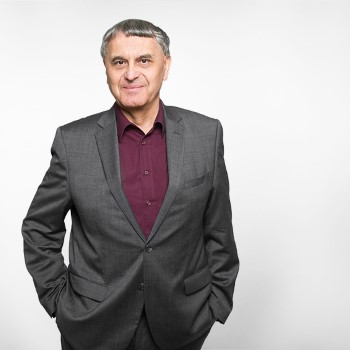
Z-Punkt
Guest Speakers
National and international experts from the national and international agency, industry, academia and research centres involved in the transition toward sustainable mobility present different opinions, case-studies and perspectives.
In this vein, besides the teaching of the other modules, the students will be able to have a more complex and variegated definition of the problems and the potentialities of such a transition.
To name a few:
Advantages & Opportunities
The program’s interdisciplinary content, which covers the social, economic, technical and governance aspects of tomorrow’s sustainable mobility, gives students and future employees a distinctive profile and qualifies them for a leading position in the mobility sector.
The students completing this MBA will have career possibilities within transport supplier and equipment industries, national or international organizations, as well as with national, regional or municipal public authorities.
Potential employment sectors include, but are not limited to, vehicle and sustainable mobility service design; infrastructure or transport service, operations, and administration; transport network planning, development, marketing or regulation; auditing or management of sustainable development policy in a company or public and private institutions.
Paid internships during the MBA course, both with big companies and start-ups, are encouraged and possible. This is also thanks to the lesson calendar, which allows time for this extra activity.
Contacts with major firms and with the Berlin start-up scene are already successfully developed.
Quality Assurance
Part of sustainability is quality management. Quality should not be left to chance, but be the result of a continuous improvement process. The TU Berlin changed its quality focus from the quality assurance of individual study programs to the evaluation of the university as a system. The TU Berlin has designed its quality assurance procedures in such a way that the participating actors can develop themselves in a responsible manner and in dialogue with each other. System accreditation leads to the accreditation of all study programs offered by a university.
“The subject of system accreditation is the internal quality assurance system of a university in the field of study and teaching. The structures and processes relevant for teaching and studies are examined to ensure that they achieve the qualification objectives and the high quality of the courses, whereby the requirements of the Conference of Ministers of Education (KMK) are the European Standards and Guidelines for Quality Assurance in Higher Education (ESG). Additionally, the criteria of the Accreditation Council apply.
A positive system accreditation certifies that the university’s quality assurance system in the field of study and teaching is suitable for ensuring the achievement of the qualification objectives and the quality standards of the degree programs. Degree programs that are set up according to the specifications of the accredited system or have already been subject to internal quality assurance according to the specifications of the accredited system are thus accredited.” (Own translation after German Accreditation Council of 20/02/2013.)
Currently, the final phase of the accreditation process has started and received the label of the system accreditation by the end of 2019. Please visit the webpage Central Evaluation and Accreditation Agency ZEvA for more information.
Tuition Fees
The tuition fee for the master’s program is 19,800 Euro (6,600 Euro per semester) plus the regular TU administration fees of currently 329.09 Euro per semester. The tuition fees cover all courses and materials and includes the semester ticket for the use of public transport in the Berlin city area (tariff zones ABC). Tuition fees and the in/exclusion of the semester public transportation ticket are subject to change. Please check the regular administration fees for the latest information.
Financing Your Studies
There are several ways to fund your education beside your own personal savings. You could approach your employer, who may sponsor you or design a flexible work arrangement with you such that you can continue earning while studying. To cover living expenses for your study period in Berlin, we recommend calculating approximately € 1,200 – € 1,400 per month. Please be aware that our program is a full-time course. The teaching hours are irregular and may vary from week to week. Therefore, we advise you not to plan on financing your studies only by working part-time but having the needed amount put aside when starting your studies. Nevertheless, we highly recommend working part-time or doing internships next to your studies to gain work experience and broaden your network. You can look for English-speaking part-time jobs in Berlin through job-search engines. Here are few job search engines to start your search:
Jobs in Berlin
Indeed
Glassdoor
Scholarships
You can check to see if your national academic exchange service offers a study abroad scholarship. Also look for government-sponsored programs.
Please note that the application deadlines for many scholarships are quite early, so apply as early as possible! Scholarships are aimed at students who are above average and committed to their studies.
A sustainability focus in your studies is a big plus in your application, so we strongly encourage you to apply for a scholarship!
Young Industry Leader’s scholarship
Schneider Electric is offering an exclusive scholarship for this program, including paid tuition fees and an internship at their company!
Ennoo SafeDriver Group scholarship
Ennoo SafeDriver Group is offering a scholarship exclusively for the Sustainable Mobility Management program, including tuition fees and a paid internship for all three semesters.
The following search engines can help you to find a suitable scholarship:
- International Education Financial Aid
- International Scholarships
- Scholarship Portal
- Deutscher Akademischer Austausch Dienst „FindingScholarships“
- Study Portal supported by the European Commission
- StipendienLotse des BMBF
- MyStipendium
- WeMakeScholars
- Colfuturo
- Estudar Fora
- Global Scholarships
German Scholarships:
Publicly funded scholarships for international students
For these Scholarships, you will get 300€ per month and depending on your financial situation up to 720€ additionally.
Deutschlandstipendium
This public grant consist only of 300€, but is given at a larger number of students! Application are from mid-June to mid-July.
Rosa-Luxemburg Stiftung
Foundation of the radical left-wing German party. They have a specific scholarship program for international Students. Applications deadline are on the first of April and the first of October.
Scholarschip from private NGOs for international students
Care Concept Stiftung
Ferdinand und Charlotte Schimmelpfennig Stiftung
Private NGO financially supporting students in Berlin under 30 years old who are in financial need.
SBW Berlin
Scholarship for foreign students to study in Berlin, emphasis on the social engagement and commitment of the students
KAAD
Academic catholic exchange organization, scholarships for students from Africa, South America, and the Middle East. Open solely to catholic students who are ready to attend a paid German course.
Publicly funded scholarships for European Students
For these Scholarships, you will get 300€ per month and depending on your financial situation up to 720€ additionally.
Hans Böckler Stiftung
for EU residents of the major German Workers Union. Application for the Sommersemester are from November until January.
Friedrich Naumann Stiftung
For non-EU Students
Foundation of the liberal German Party. Application period is in April and in October.
Studienstiftung
Public grant for excellent students, only for EU residents.
Publicly funded scholarships for international students with C1 (or equivalent) German level
For these Scholarships, you will get 300€ per month and depending on your financial situation up to 720€ additionally.
Friedrich Ebert Stiftung
Foundation of the social Democratic Party, 40 Students from the global south are accepted yearly. The application is possible until the beginning of the masters, the deadline being the end of November.
Stiftung der deutschen Wirtschaft
Scholarship of the German employers organization, Application period is in April and in October.
Cusanuswerk
Scholarship of the German episcope, only for person of Christian belief. Application deadline is the first of august
ESW
Scholarships of the protestant church of Germany, not restricted to protestant believers. Application deadline is the first of march.
DAAD:
Monthly allowance of 850€, health insurance cost and travel costs are included, as well as other aids.
Study Scholarships – Master Studies for All Academic Disciplines
Regional Programs:
DAAD-ACEH Scholarship of Excellence
For student of the region of ACEH, Indonesia (Region of the Tsunami of 2004)
Leadership for Africa
Program for citizens/or refugees in Ethiopia, Kenya, Uganda or Sudan
Testimonials
Student Manual
Download the
 Student Manual
Student Manual
for more insights!
Impressions
Alumni Network
Team

Academic Director
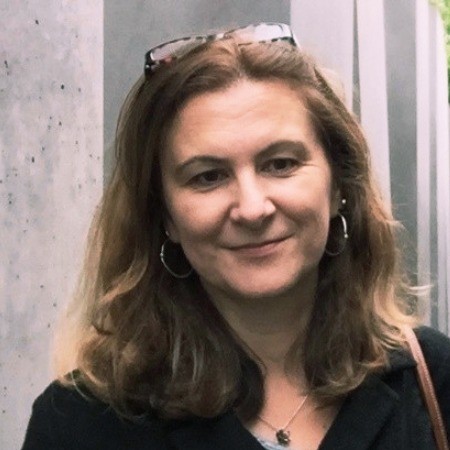
Academic Program Administrator
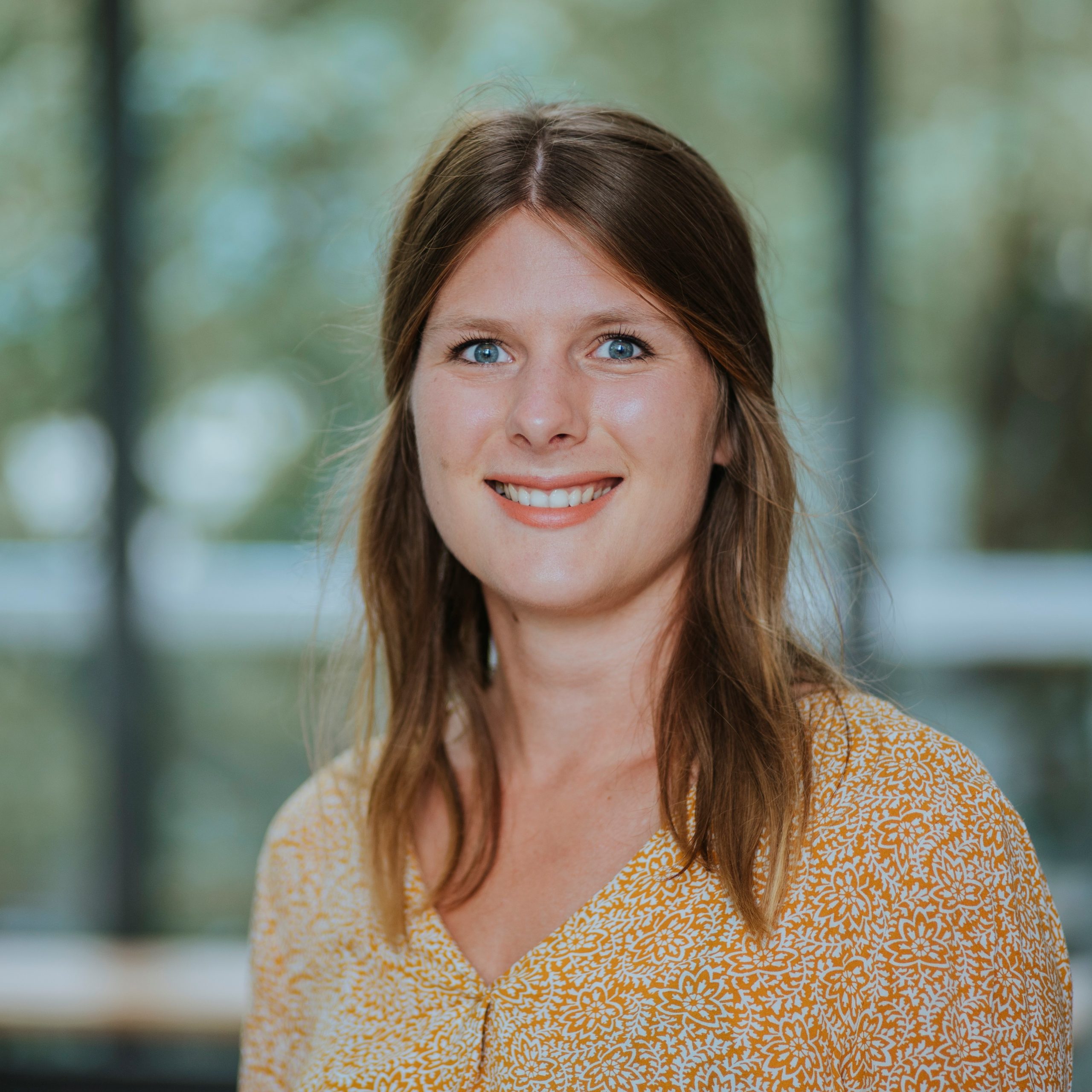
Academic Program Manager
email : nora.bonatz@campus.tu-berlin.de
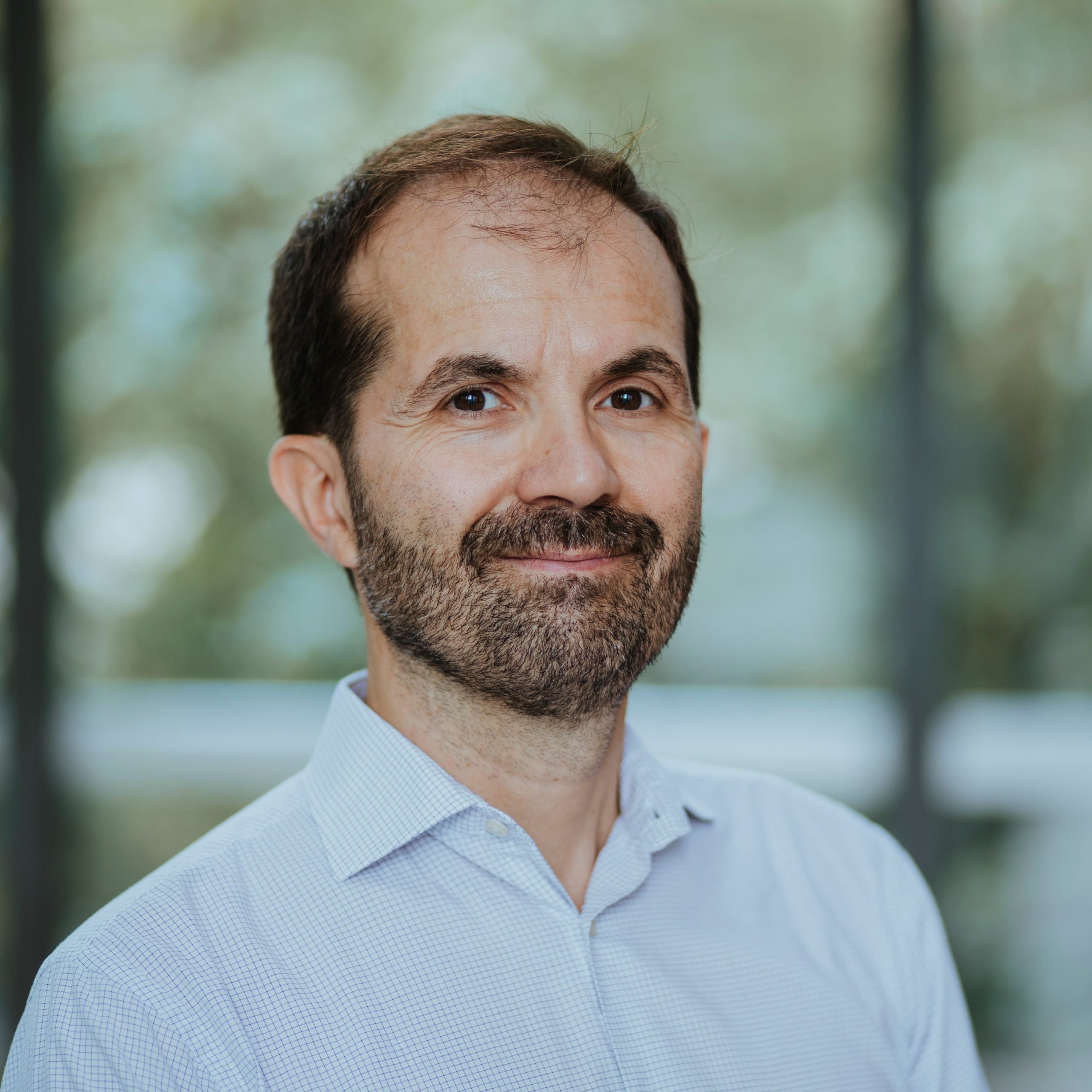
Academic Program Manager
email : massimo.moraglio@campus.tu-berlin.de

Student Assistant

Student Assistant
Application
Dear prospective students, the application period for the upcoming winter semester of 2025 begins on January 15, 2025. The application deadline is March 31, 2025.
Required application documents:
- First University degree (at least 210 ECTS)
- Transcript of records
- Proof of work experience of at least 1 year after completion of studies, preferably in the relevant areas of transport and planning
- Tabular CV
- Motivation letter in English (max. 1 page A4)
- Proof of English language proficiency at Level B2 (or higher) of CEFR (not required for high school graduation in English)
- only if available: Graduate Management Admission Test (GMAT) or Graduate Record Examination (GRE)
The number of students is limited to 30 per year. The admission committee will select based on results of former studies, professional achievements, and further relevant qualifications that were attained outside university.
For more information, please check The Application and Admission Regulations. (English translation, German version binding)
If you have any questions regarding the application procedure of Sustainable Mobility, please contact Mrs. Karen Spiller: spiller@tubs.de
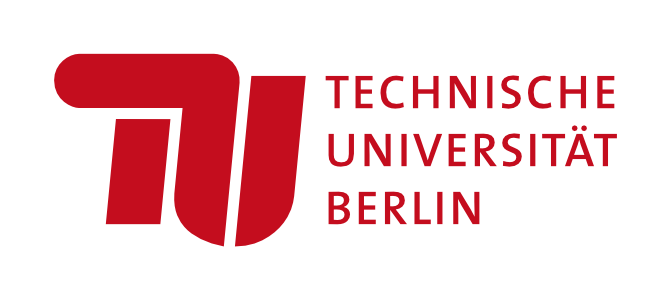
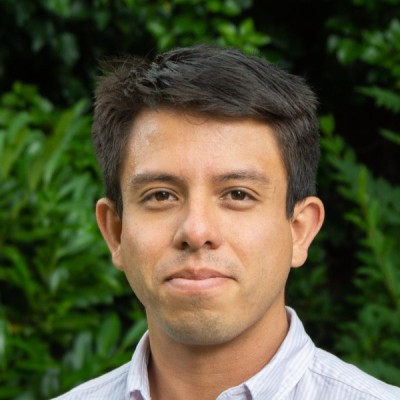
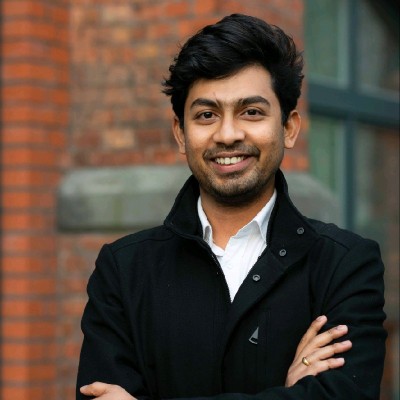
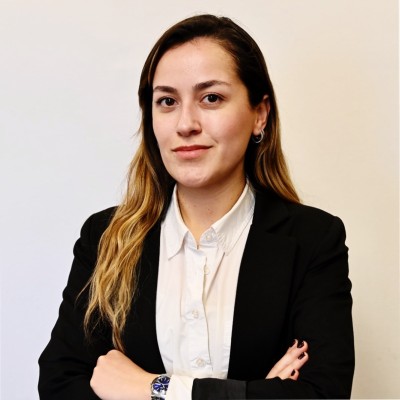
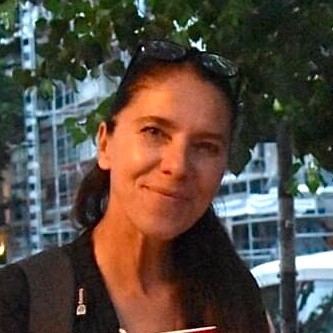

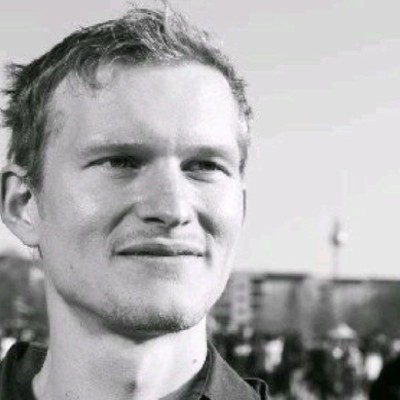

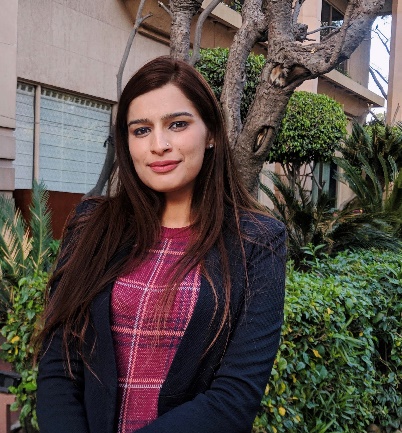


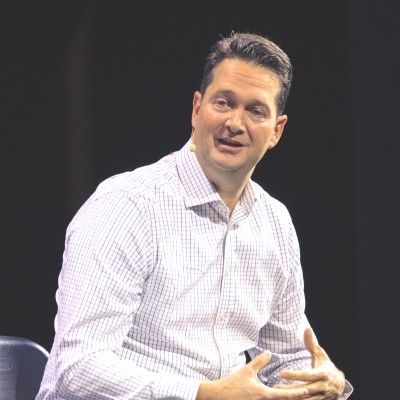
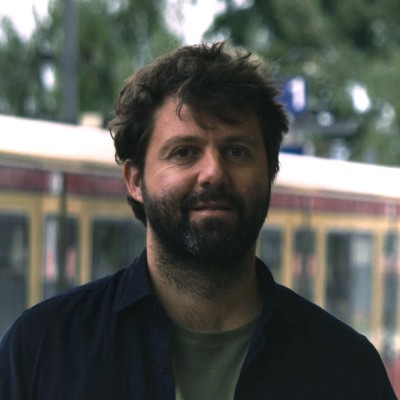

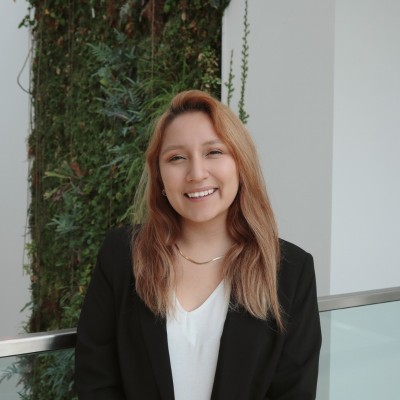
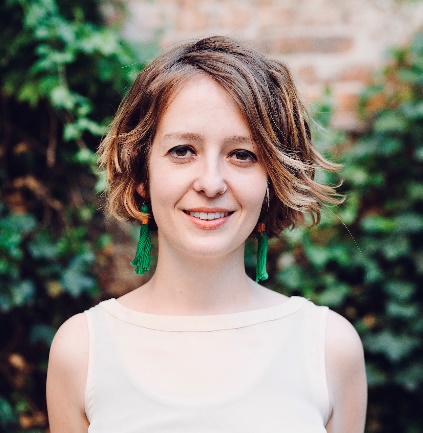


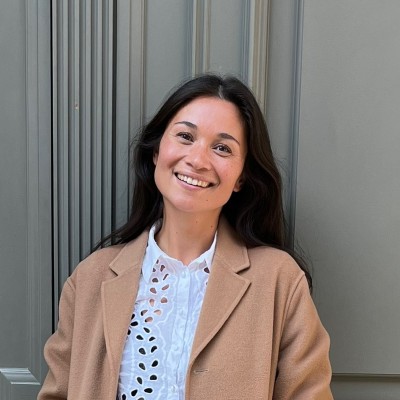
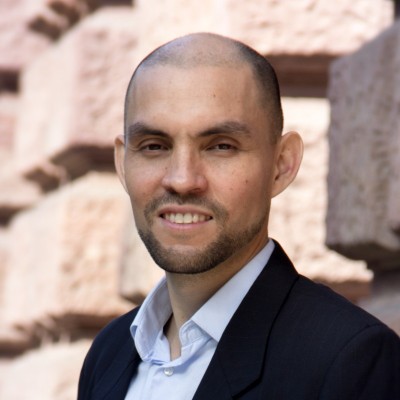
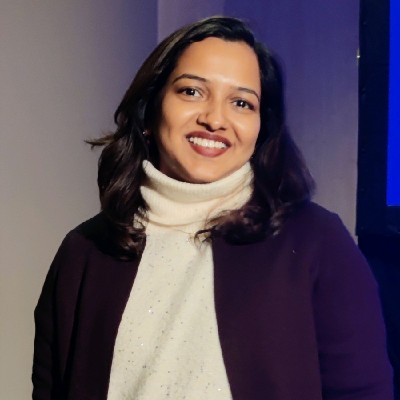
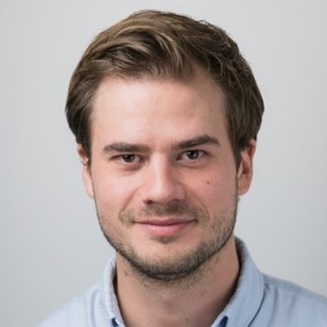
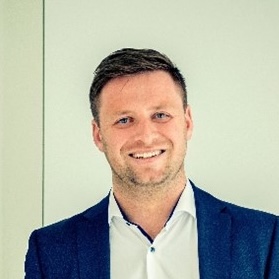
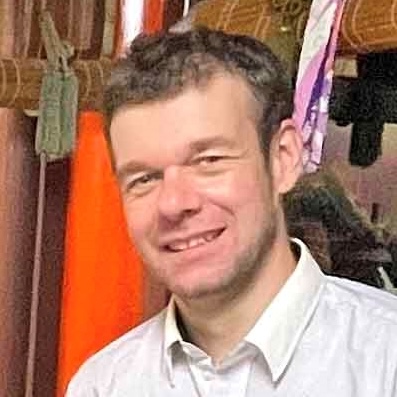


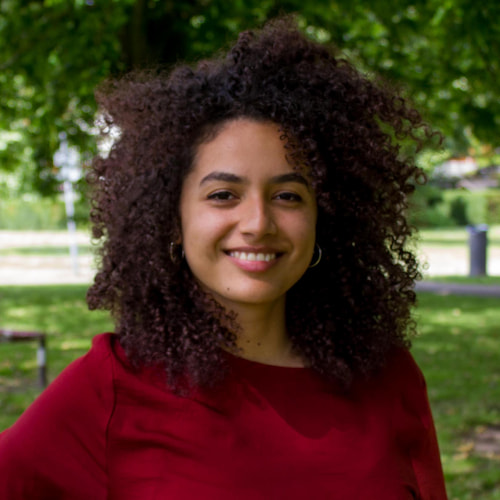
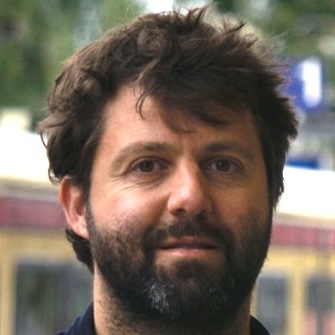
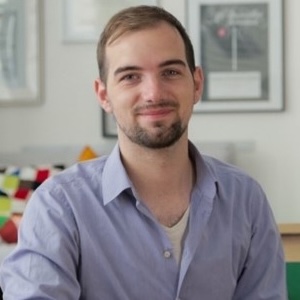


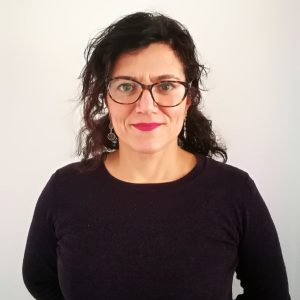

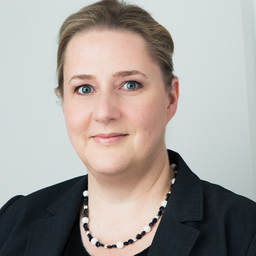
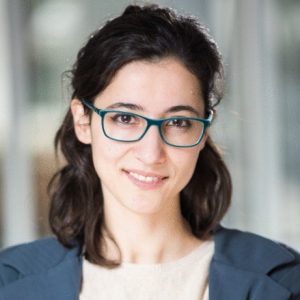



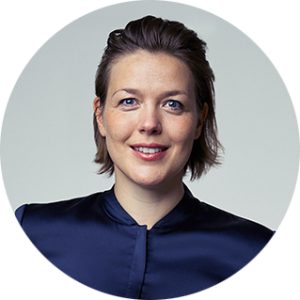





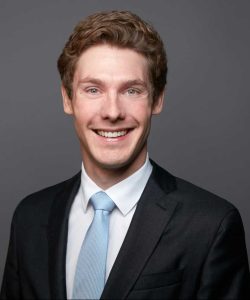
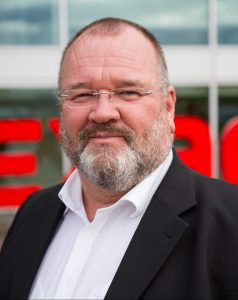
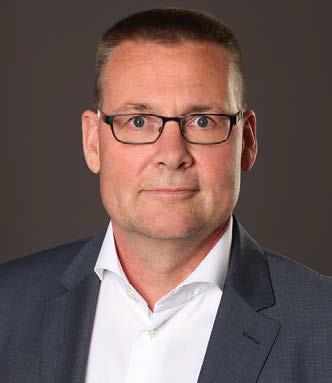
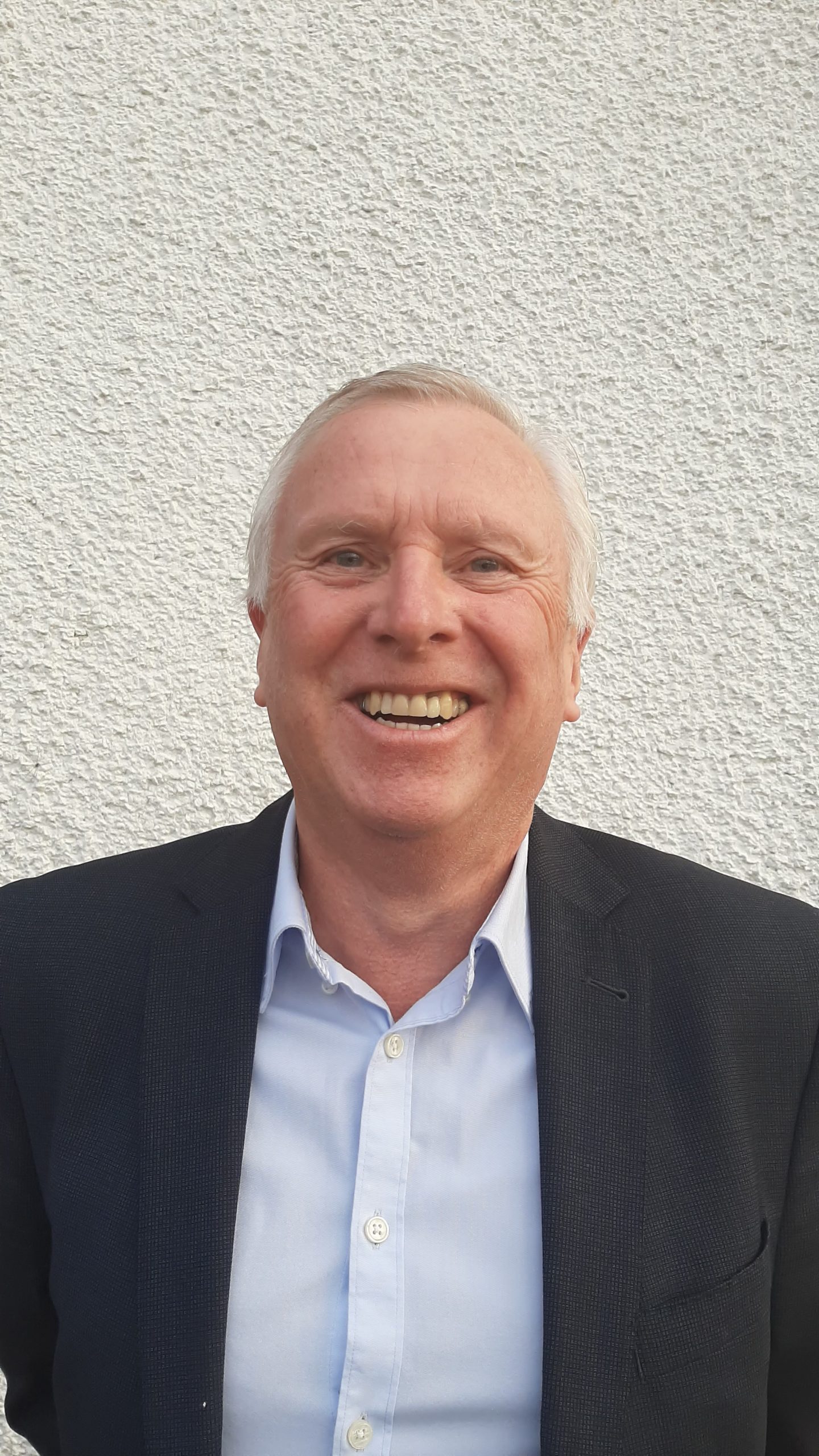


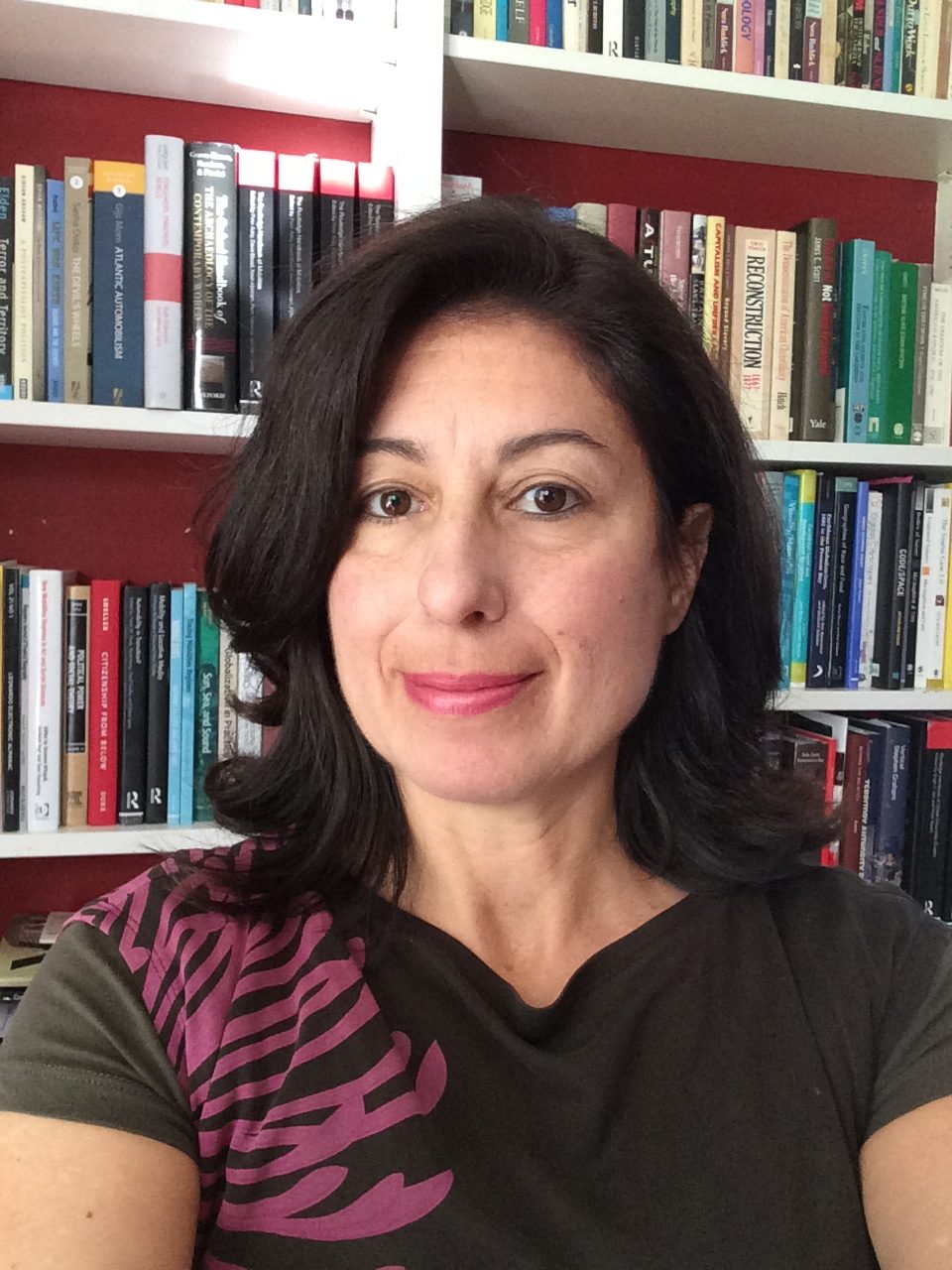
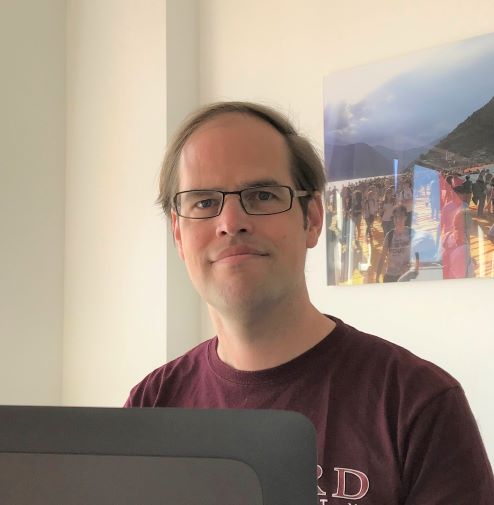


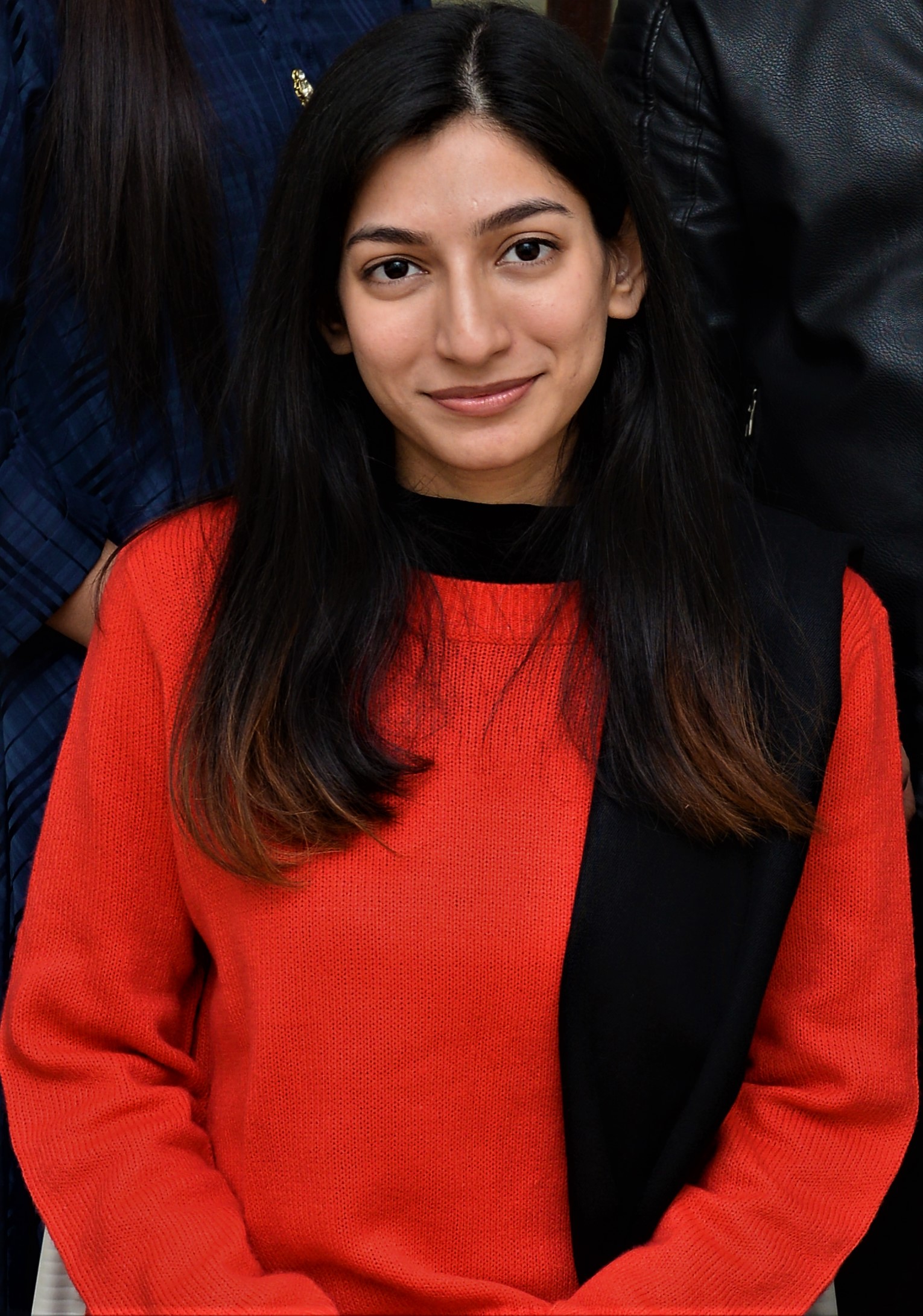
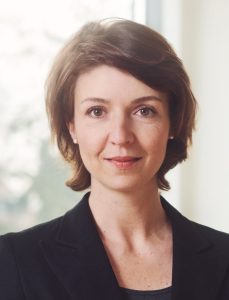
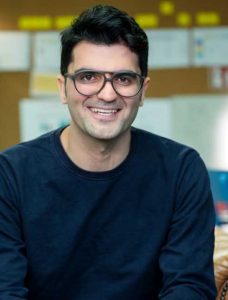


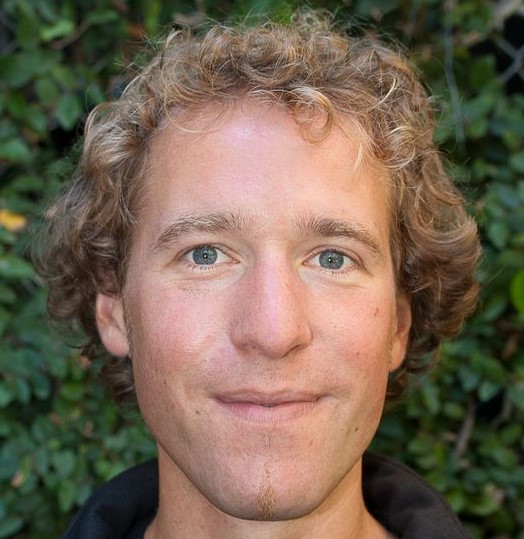

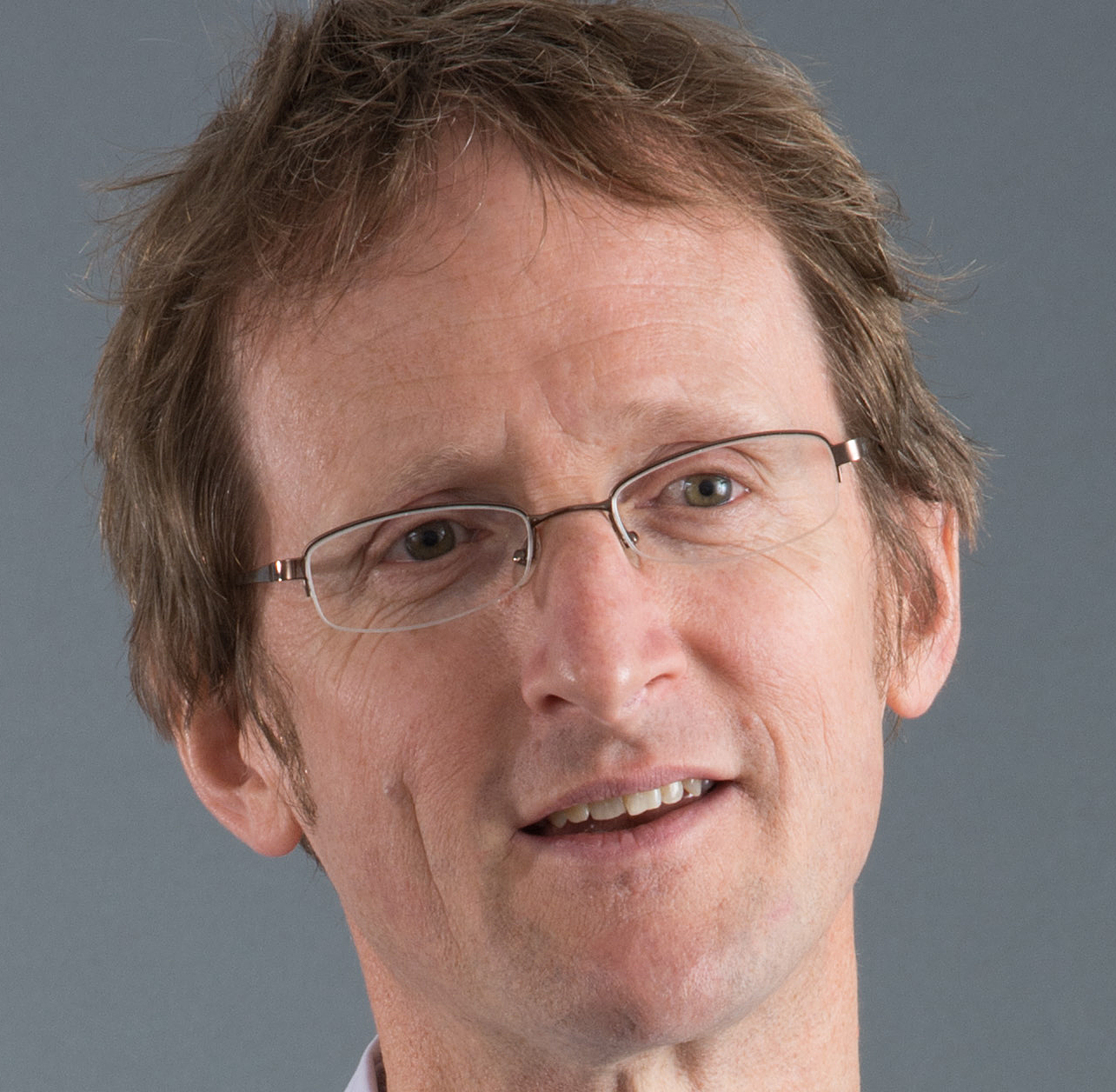

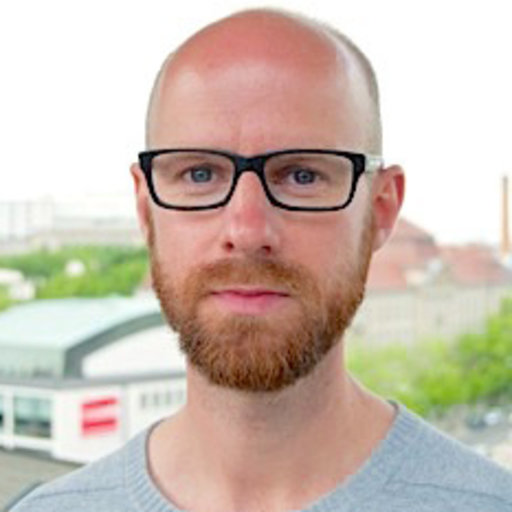
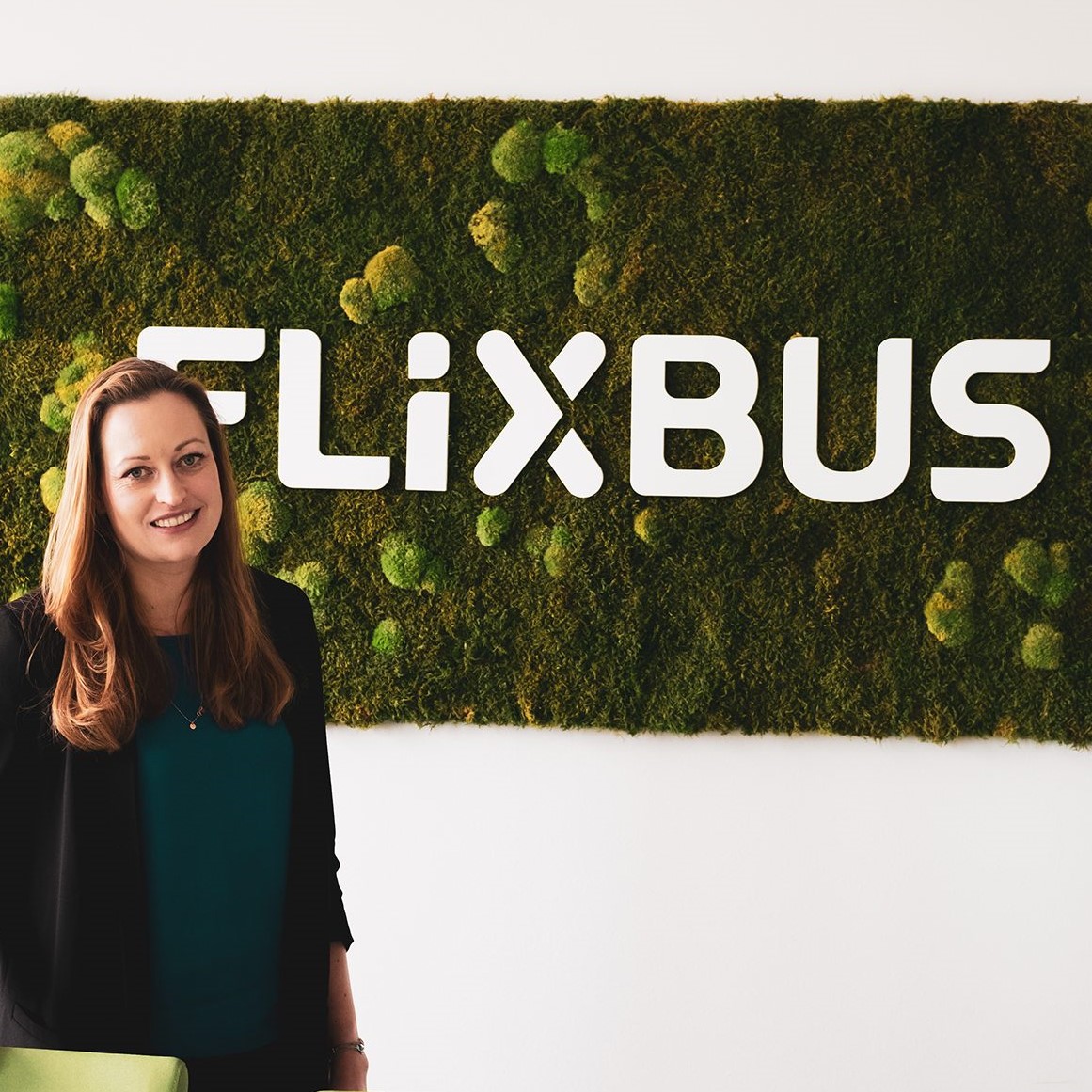
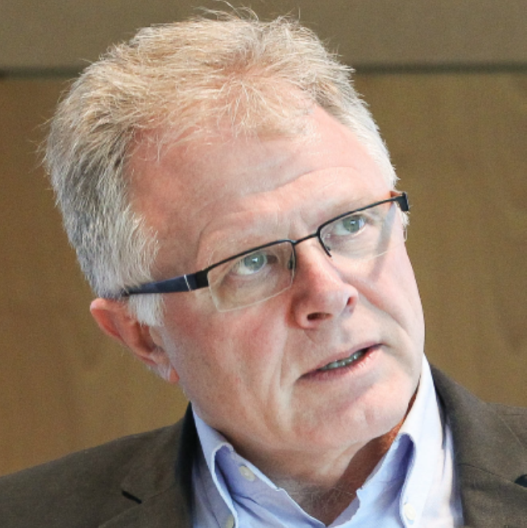
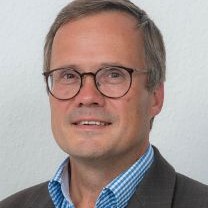
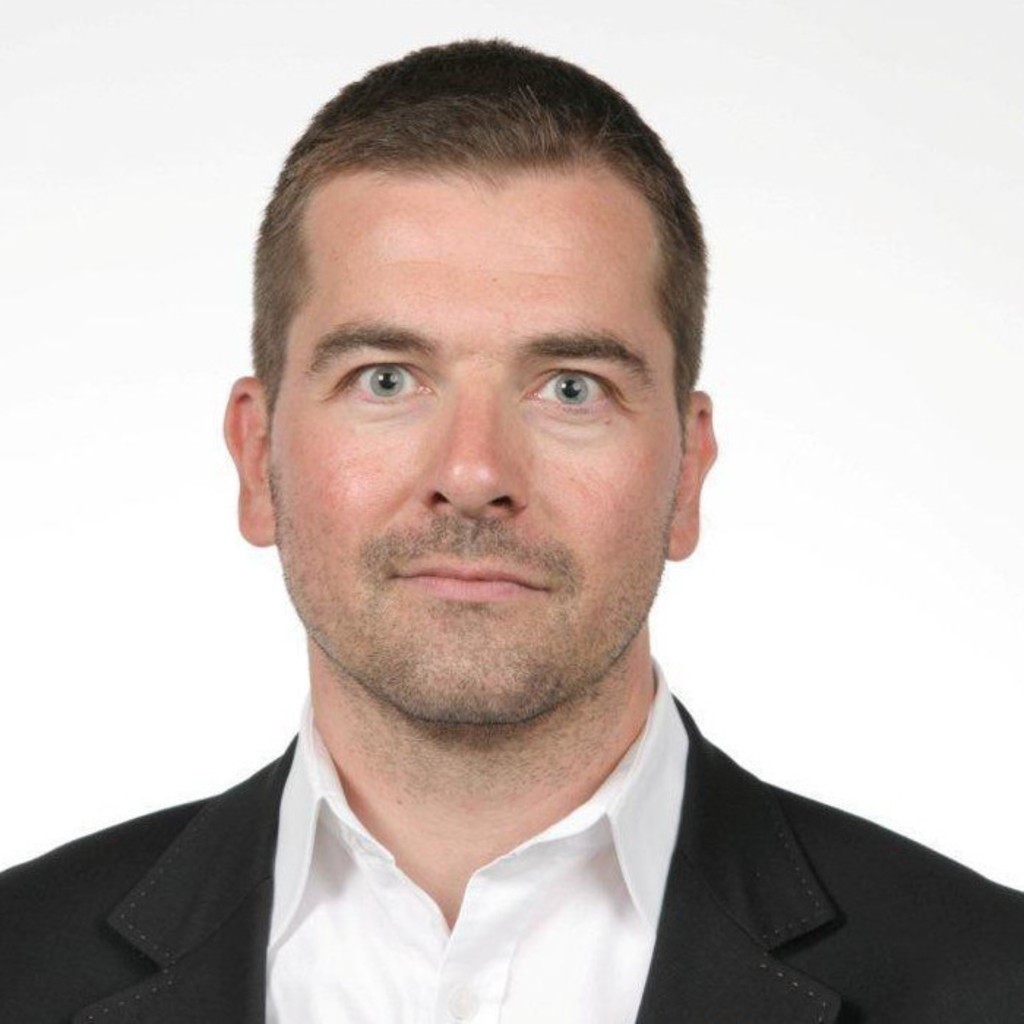

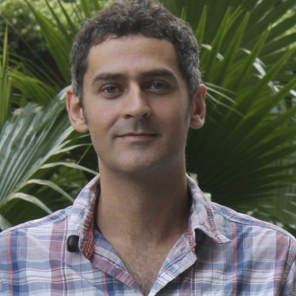

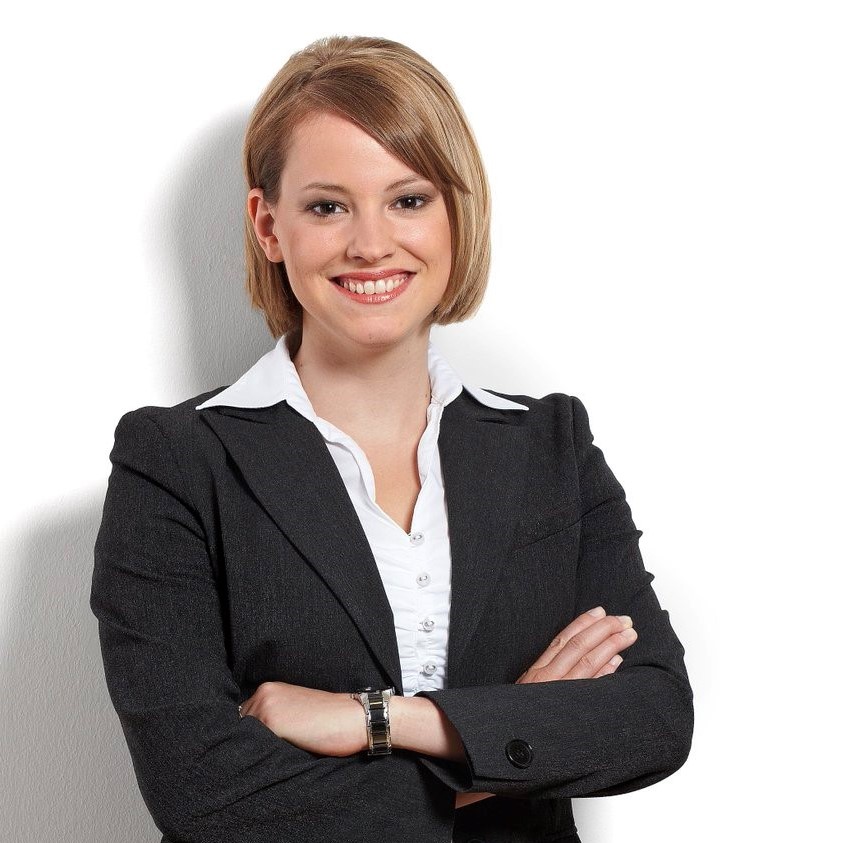
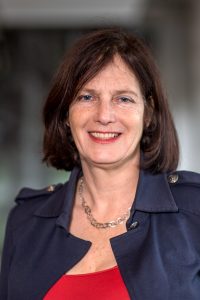
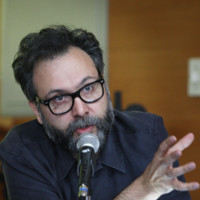
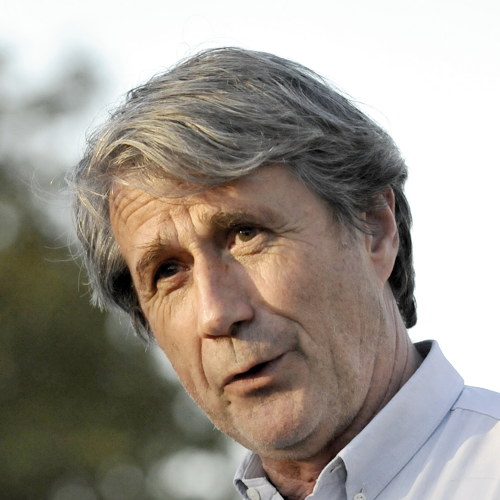
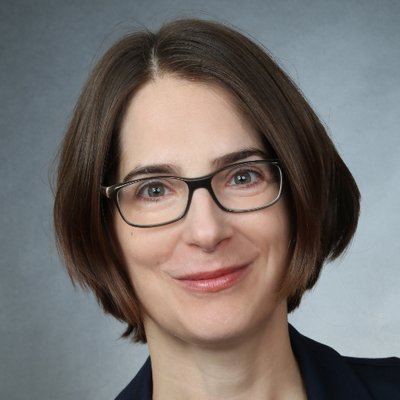
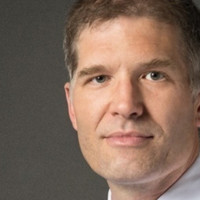

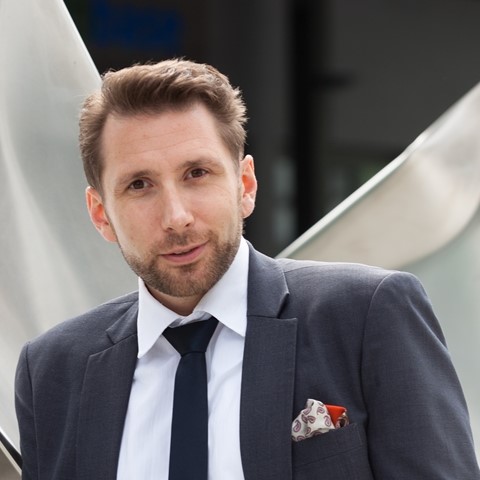
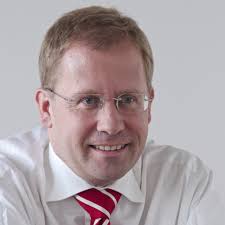
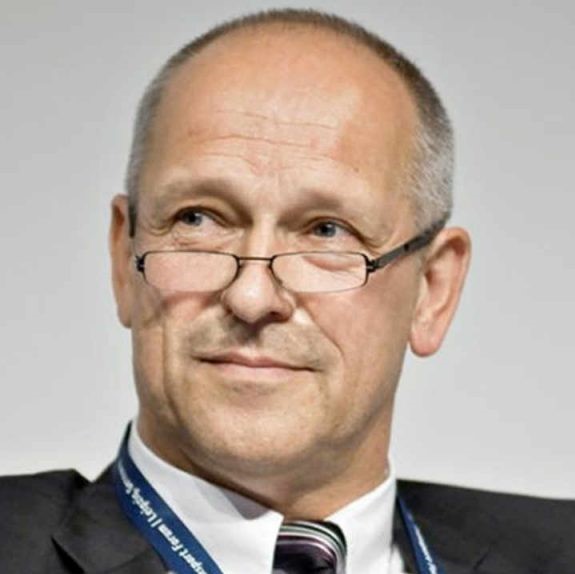
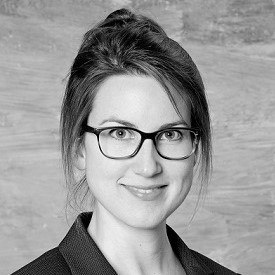


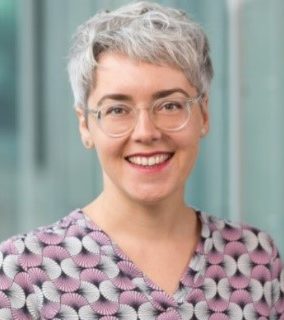

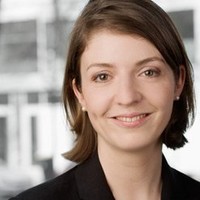
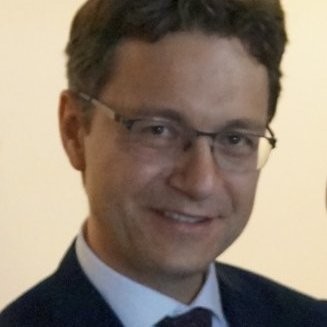

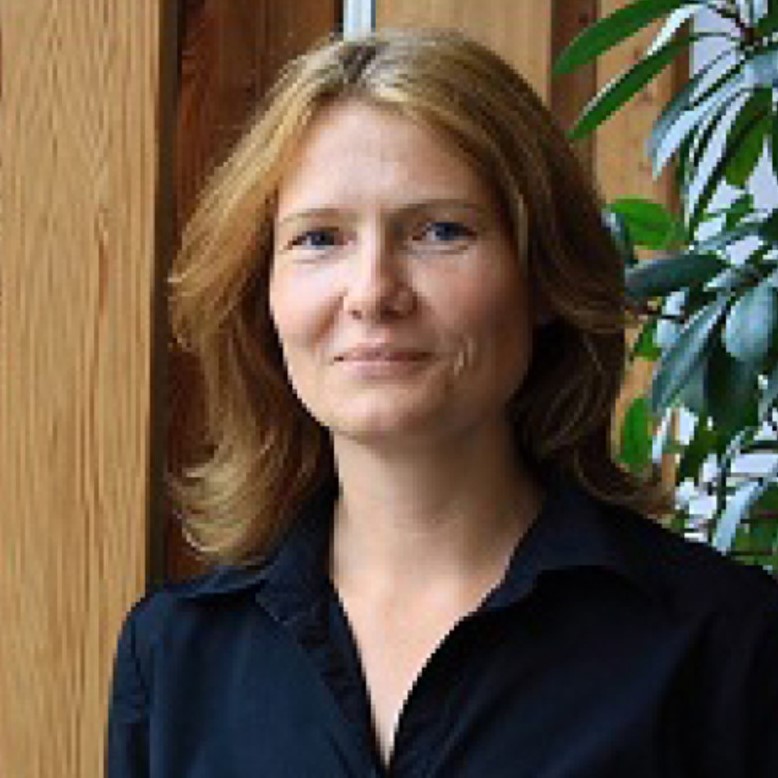




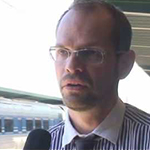
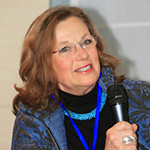


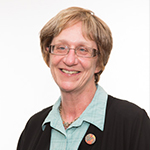

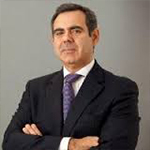

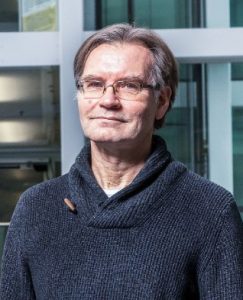


 “Wirklich!!! This is a unique MBA fit for preparing expertise and talents to address current issues relating to efficient and environmentally sustainable mobility provision. If you are looking to be part of the mobility transformation across the globe, then Berlin is the right place to be and the Energy Masters program on Sustainable Mobility Management will be a great platform to realising this goal.”
“Wirklich!!! This is a unique MBA fit for preparing expertise and talents to address current issues relating to efficient and environmentally sustainable mobility provision. If you are looking to be part of the mobility transformation across the globe, then Berlin is the right place to be and the Energy Masters program on Sustainable Mobility Management will be a great platform to realising this goal.”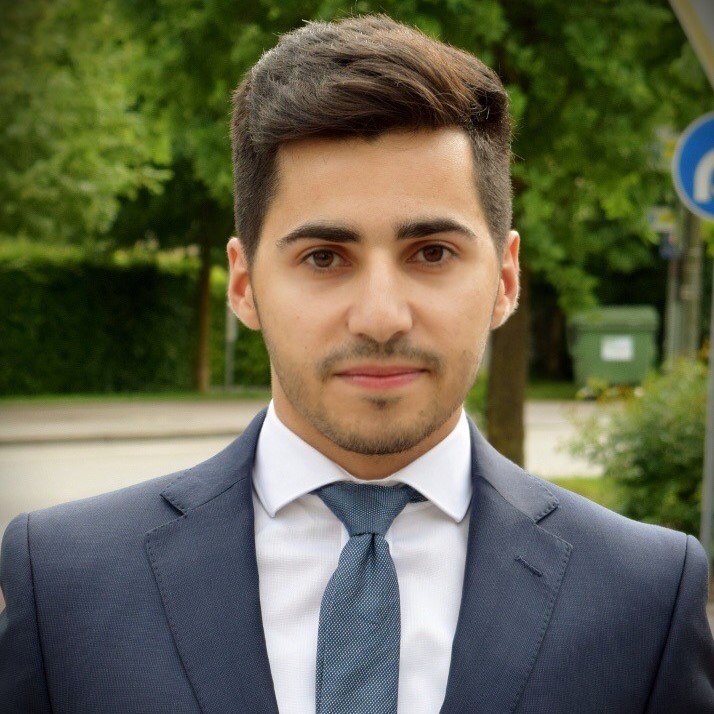 “Berlin is a city out of the ordinary! The city vibes, diversity, and affordability has a lot to offer to students and caters for everybody’s taste. On top of that, the public transport network gets you everywhere, anytime !”
“Berlin is a city out of the ordinary! The city vibes, diversity, and affordability has a lot to offer to students and caters for everybody’s taste. On top of that, the public transport network gets you everywhere, anytime !”
 “Studying at the TU EUREF campus open my mind up to thinking in an innovative and entrepreneurial way about sustainable mobility solutions. The most valuable part of the program was the opportunity to make connections with like-minded people with extremely diverse backgrounds, interests and ideas all working towards a common goal of achieving sustainable mobility.”
“Studying at the TU EUREF campus open my mind up to thinking in an innovative and entrepreneurial way about sustainable mobility solutions. The most valuable part of the program was the opportunity to make connections with like-minded people with extremely diverse backgrounds, interests and ideas all working towards a common goal of achieving sustainable mobility.”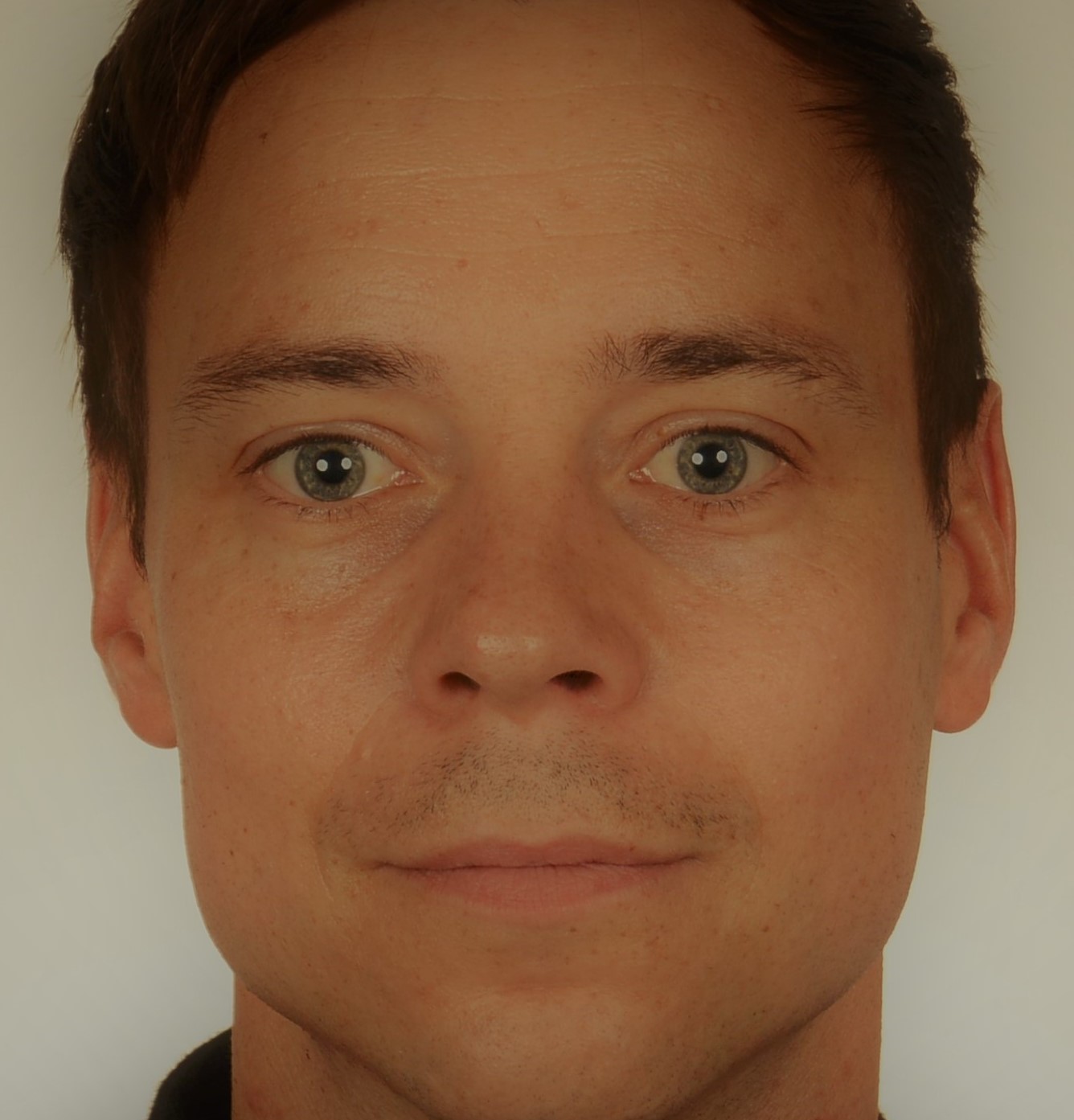 “The experiences from students from around the world helped me a lot to understand the challenges of the transition towards sustainable mobility in a global context.”
“The experiences from students from around the world helped me a lot to understand the challenges of the transition towards sustainable mobility in a global context.”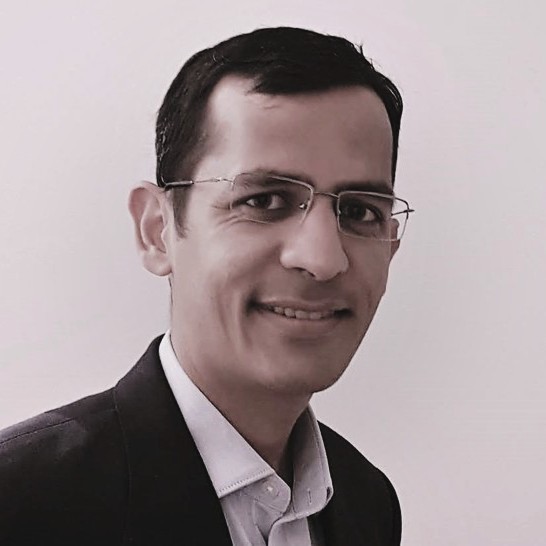 “The program puts contemporary mobility issues under spotlight through analysis of real life examples.”
“The program puts contemporary mobility issues under spotlight through analysis of real life examples.”
